PEOPLE
Marine Ecology
Benthic Ecology
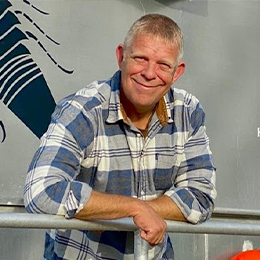
Alf Norkko
Professor, Academic Leader at TZS & Guest Professor at BSC
Benthic Ecology
Tvärminne Zoological Station, University of Helsinki; Baltic Sea Centre, Stockholm University
I am broadly interested in biodiversity of marine ecosystems and the influence of human pressures, such as eutrophication, hypoxia, and climate change on ecosystem functioning. My research includes the biodiversity of seafloor communities and their influence on carbon and nutrient transformation and retention along environmental gradients in coastal ecosystems. I aim to advance a systems-level understanding of how biodiversity- and climate change interact. I am passionate about promoting basic science as a knowledge base to support decision-making.
Keywords: marine biodiversity, ecosystem functioning, systems ecology, human pressures, coastal ecosystems
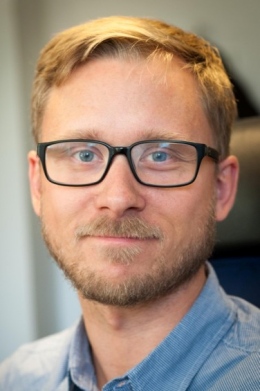
Johan Eklöf
Professor
Marine Ecology
Department of Ecology, Environment and Plant Sciences, Stockholm University
My research broadly deals with the causes and consequences of biodiversity change, mostly focusing on biodiversity of food webs in shallow, vegetated ecosystems. I’m particularly interested in how biotic interactions like predation and herbivory contributes to regulating ecosystem processes including carbon cycling, and to what extent top-down forcing influence the effectiveness of carbon sequestration as well as the sink vs source function of coastal habitats from a greenhouse gas perspective.
Keywords: food webs, carbon cycling, greenhouse gas fluxes, ecosystem functioning, coastal vegetation
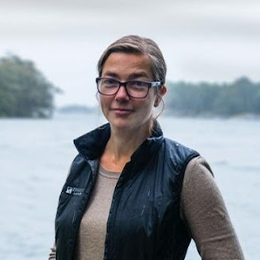
Joanna Norkko
Research Coordinator & Local Station Leader at TZS
Benthic Ecology
Tvärminne Zoological Station, University of Helsinki
I am a marine benthic ecologist with a particular interest in the links between soft-sediment invertebrate fauna and ecosystem functioning. I investigate know how environmental change, such as eutrophication, hypoxia, climate change, ocean acidification and invasive species, affects the benthic fauna and subsequently ecosystem functioning. As the local station leader at TZS, I am also responsible for research infrastructure development.
Keywords: marine biodiversity, ecosystem functioning, marine heatwaves, benthic-pelagic coupling, invasive species
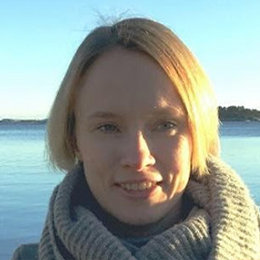
Anna Villnäs
Researcher & Coordinator
Benthic Ecology
Tvärminne Zoological Station, University of Helsinki and Baltic Sea Centre, Stockholm University
My research focuses on how structural and functional aspects of benthic biodiversity contribute to ecosystem functions and services, and how this relationship is affected by environmental change. I am currently studying the variability in benthic stoichiometry to assess the magnitude and turnover rates of benthic fauna carbon and nutrient pools in coastal ecosystems over temporal and spatial scales.
Keywords: marine biodiversity, benthic ecology, stoichiometry, ecosystem functioning, carbon and nutrient cycling
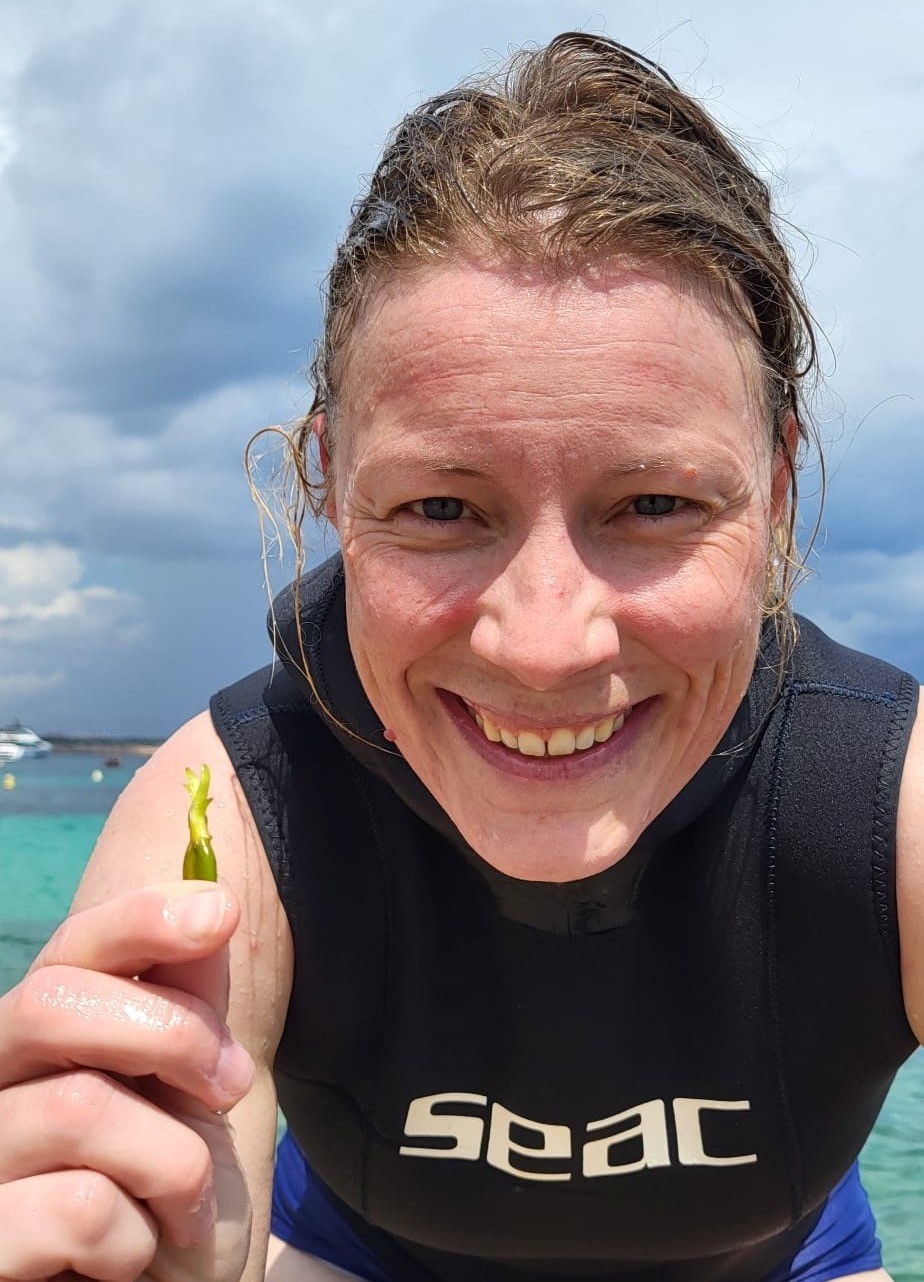
Camilla Gustafsson
Researcher
Benthic Ecology
Tvärminne Zoological Station, University of Helsinki
camilla.gustafsson@helsinki.fi
My research interests lie in marine biodiversity and ecosystem functioning with a focus on submerged vegetation such as seagrasses and other vascular aquatic plants. I am currently working on how macrophyte diversity in terms of functional traits contribute to ecosystem processes such as primary production and carbon dynamics in vegetated coastal environments across spatial and temporal scales.
Keywords: marine biodiversity, carbon cycling, seagrass, macrophyte ecology, functional traits
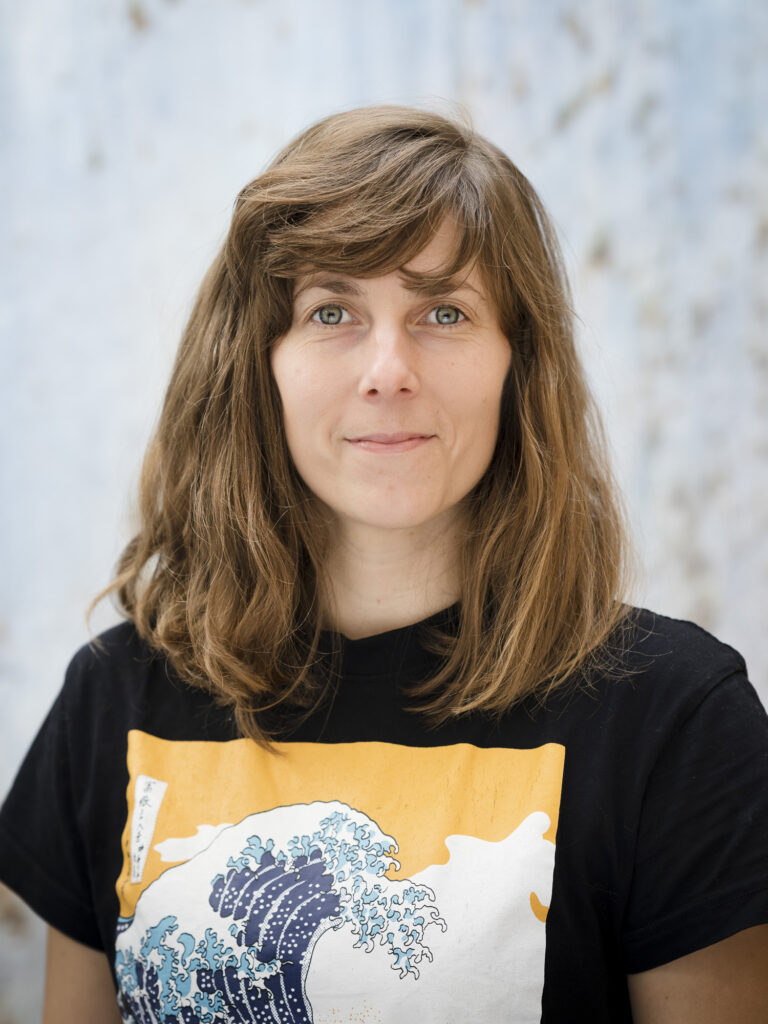
Laura Kauppi
Researcher & Research Coordinator at TZS
Benthic Ecology
Tvärminne Zoological Station, University of Helsinki
I am an ecologist interested in benthic biodiversity and ecosystem functioning and how environmental change affects this relationship. I investigate the links between infauna activities and nutrient dynamics in different habitats and under various pressures from invasive species to marine heatwaves. Another interest is long-term changes in populations and drivers of the changes. As the research coordinator at TZS, I manage the research infrastructure and bookings of experimental space and the environmental monitoring and long-term time series of the station.
Keywords: marine biodiversity, ecosystem functioning, benthic fauna, nutrient cycling, long-term monitoring
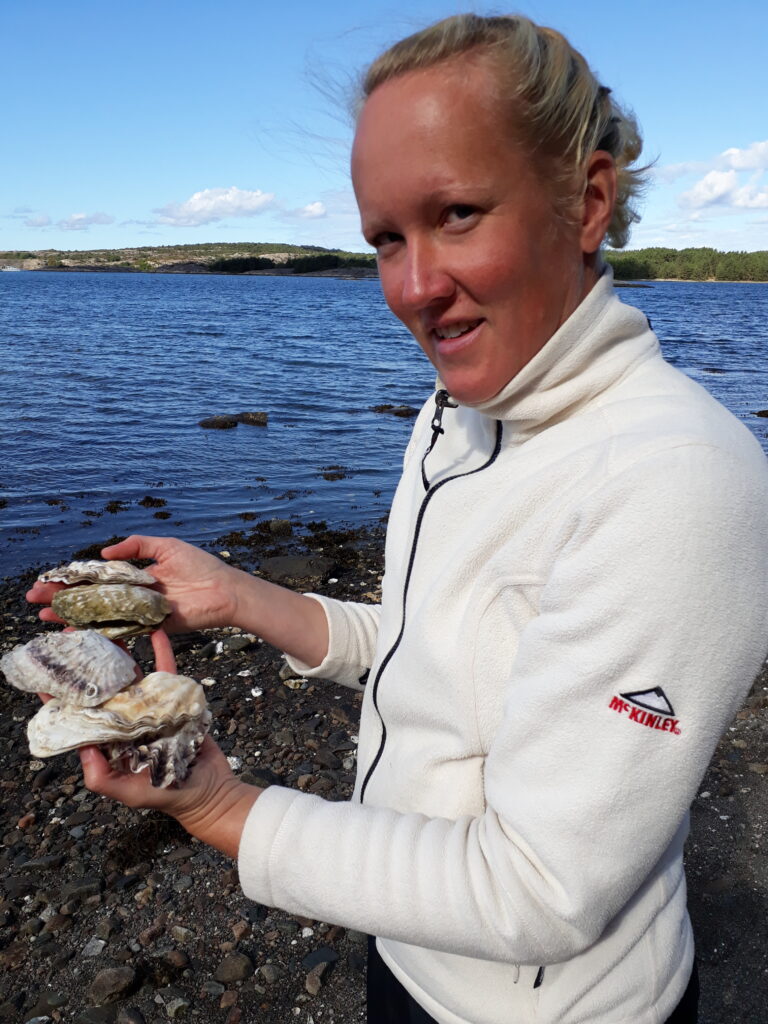
Leena Virta
Postdoc
Benthic Ecology
Tvärminne Zoological Station, University of Helsinki
My research focuses on benthic microbes in the coastal zone. Microbes, such as diatoms and bacteria, are extremely important for the functioning of the marine ecosystems, but very little is still known about them. I want to find out how climate change and benthic microbes are interconnected: 1) how does climate change modify the diversity of microbial communities?, and 2) how do the microbial communities affect climate by storing and cycling carbon and by producing greenhouse gases?
Keywords: marine biodiversity, benthic microbes, carbon cycling, greenhouse gas, functional traits
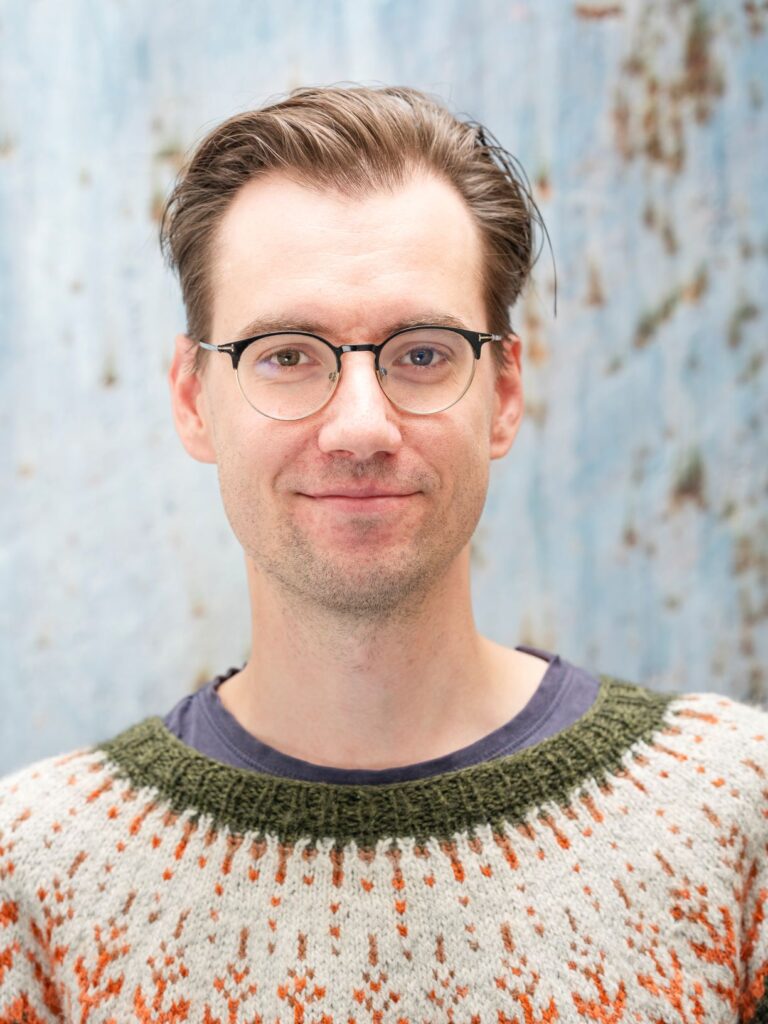
Max Gräfnings
Postdoc
Benthic Ecology
Tvärminne Zoological Station, University of Helsinki
My research focuses on vegetated coastal ecosystems and their functioning. Currently I work with submerged aquatic vegetation on many different scales; from large scale mapping-studies performed with satellite imagery to mesocosm experiments investigating release-rates of volatile organic compounds.
Keywords: coastal ecology, seagrass, remote sensing, SAV, VOC, ecological restoration
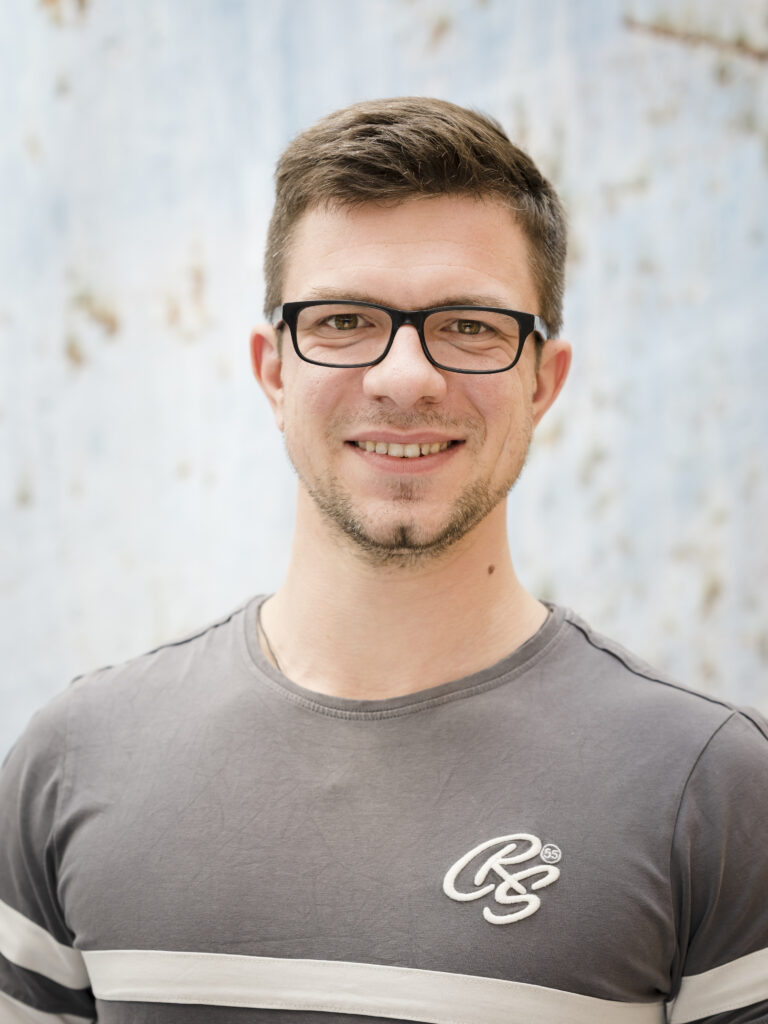
Norman Göbeler
Postdoc
Benthic Ecology
Tvärminne Zoological Station, University of Helsinki
The intensity and frequency of marine heatwaves have increased globally, not sparing an already stressed Baltic Sea. My research explores how climate extremes, such as marine heatwaves, impact benthic communities and the ecosystem functions they support using a combination of lab and field experiments. I also investigate how these effects extend beyond the seafloor, potentially influencing atmospheric processes through volatile organic compound (VOC) emissions, linking biodiversity shifts in marine ecosystems to broader climate feedbacks.
Keywords: marine biodiversity, climate change, extreme events, benthic ecology, marine heatwaves
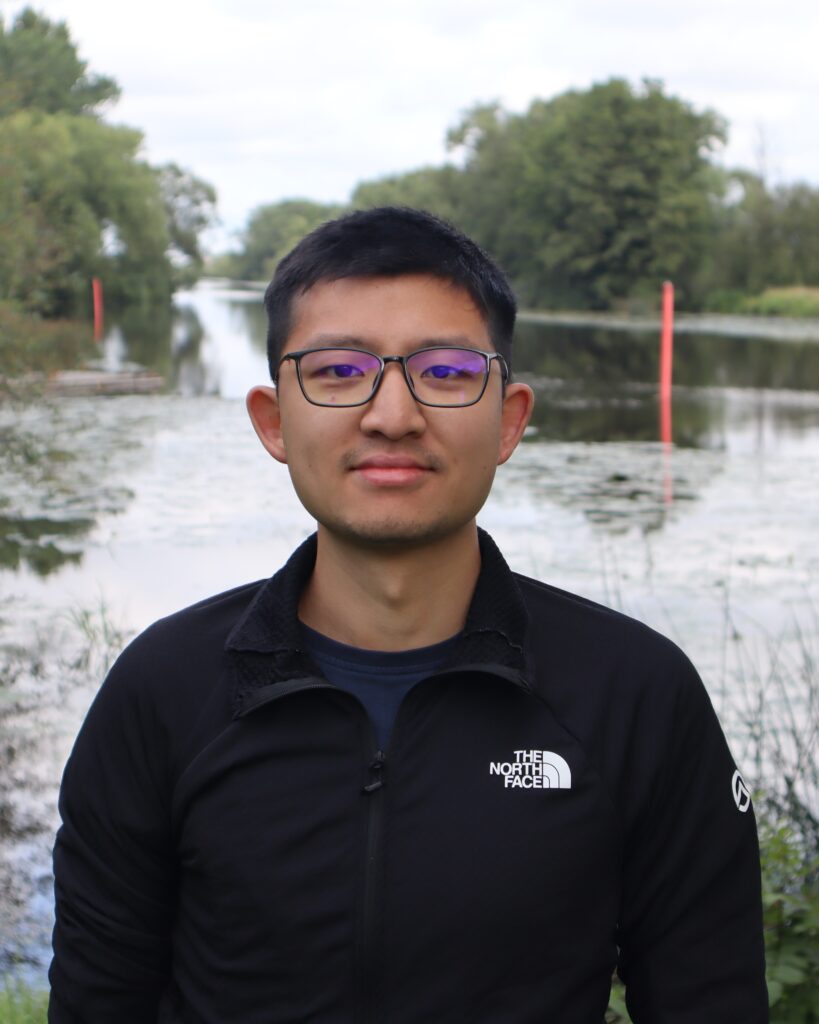
Ze Hui Kong
Postdoc
Benthic Ecology
Tvärminne Zoological Station, University of Helsinki
My research is focused on experimentally testing the effects of anthropogenic stressors (e.g. climate change, chemical pollutants and microplastics) throughout the different ecological organizational levels – from individuals to ecosystems. My current work is centered around investigating the effects of heatwaves on coastal food webs: how warming may alter organism feeding preferences, rewire food web interactions and affect ecosystem functioning.
Keywords: marine heatwaves, food webs, ecosystem functioning, dietary metabarcoding, coastal ecology
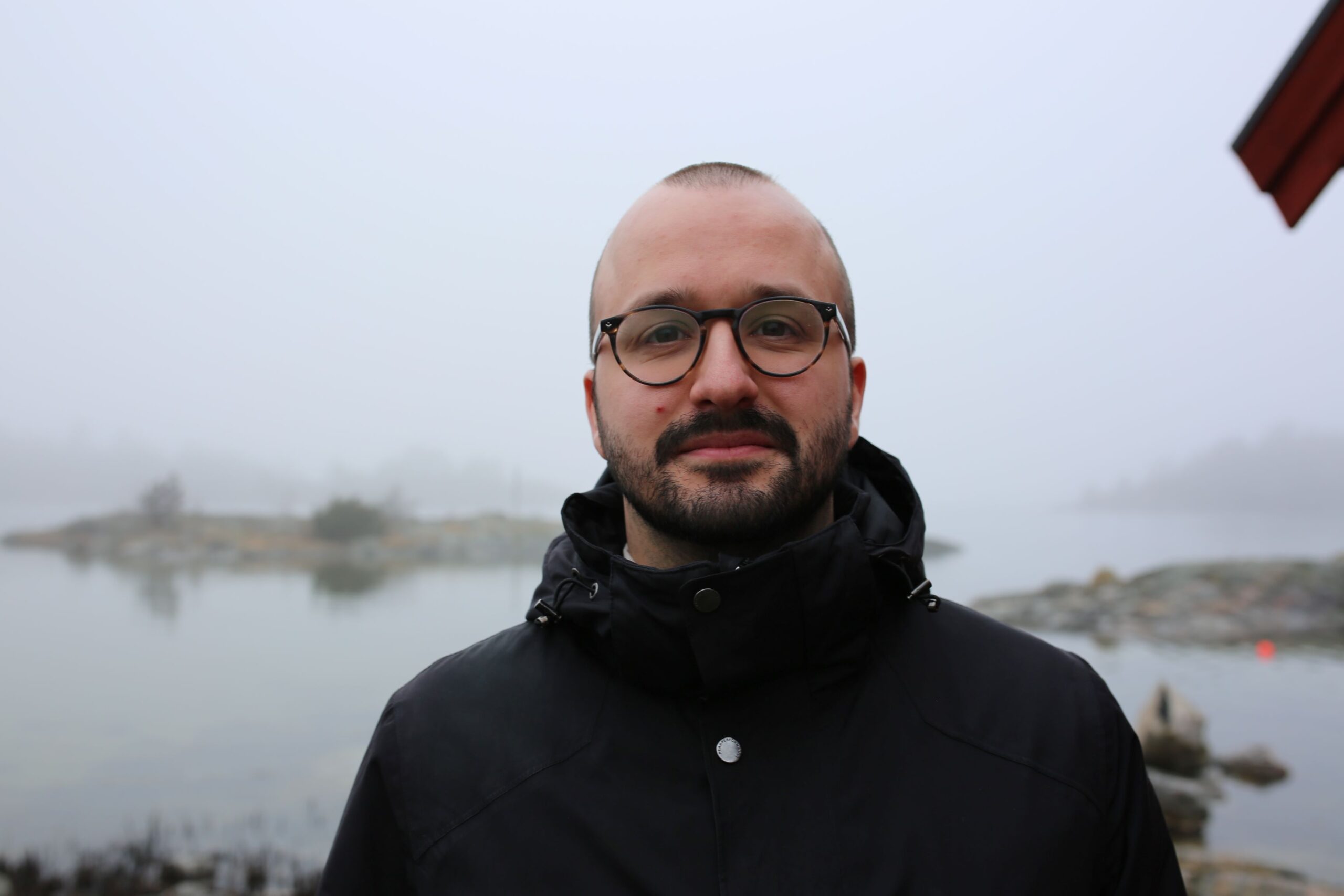
Emil Kraft
PhD Student
Marine Ecology
Department of Ecology, Environment and Plant Sciences, Stockholm University
My research focus on the ecology and variation of shallow coastal bays in the Baltic Sea, and how these are affected by anthropogenic disturbances and protected areas. This is done by looking at species composition and other biotic and abiotic factors collected in the Swedish archipelago. This temporal and spatial data will enhance our understanding of the effects of legislative protection such as MPAs and other coastal drivers on these shallow coastal ecosystems.
Keywords: coastal ecology, marine protected areas, fish ecology, epifauna, predator interactions, food webs
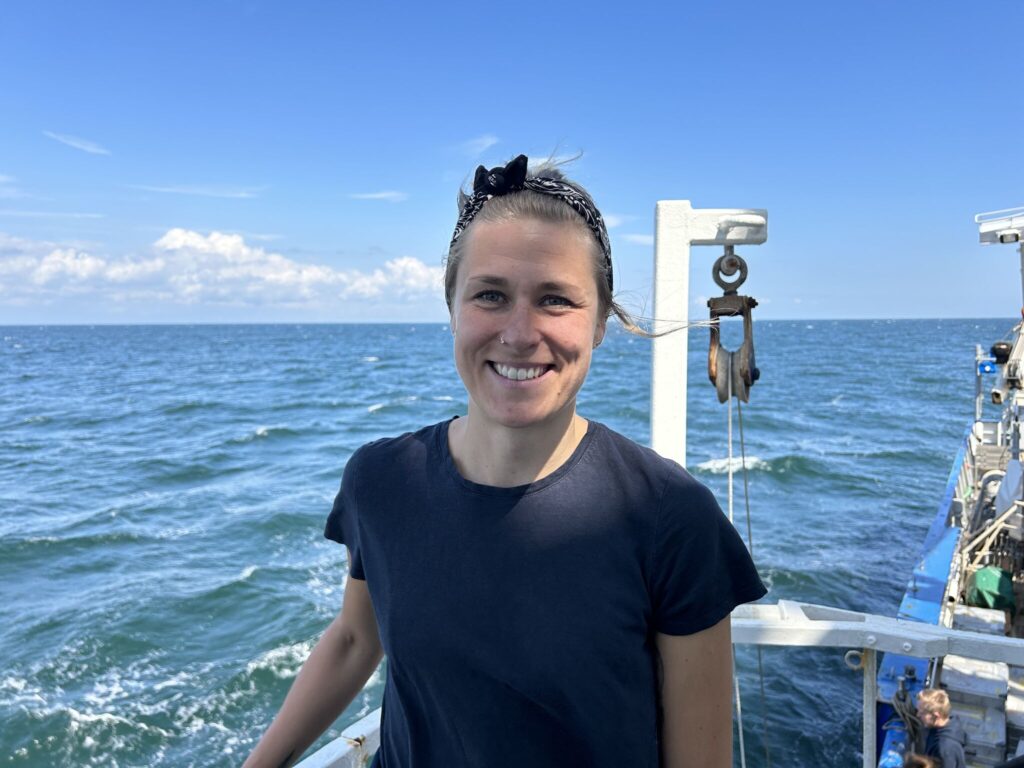
Emilia Heiskanen
PhD Student
Benthic Ecology
Tvärminne Zoological Station, University of Helsinki
Eutrophication and climate change are predicted to enhance the growth of short-lived filamentous macroalgae in the Baltic Sea, driving a shift from ‘healthy’ biodiverse Fucus-dominated ecosystems to ‘degraded’ filamentous-dominated ecosystems. I investigate how these ecosystem shifts might influence the coastal carbon cycle and carbon turnover rates. This involves studying the fate of biomass-bound organic carbon during macroalgal decomposition and examining how marine heatwaves may further affect the decomposition rates and associated greenhouse gas (GHG) emissions of CO2 and CH4.
Keywords: carbon cycling, macroalgae, decomposition, GHG emissions, marine heatwaves
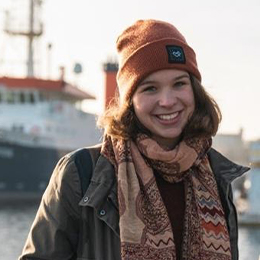
Eva Rohlfer
PhD Student
Benthic Ecology
Tvärminne Zoological Station, University of Helsinki
My research focus on benthic macrofaunal contribution to carbon cycling. I am interested in biodiversity, carbon stocks and turnover of benthic macrofauna on temporal and spatial scales to describe variation on temporal and spatial scales and the effect of stressors. Within CoastClim my research will be linked to different parts of the ecosystem to explore the role of benthic fauna within coastal carbon dynamics.
Keywords: benthic ecology, macrofauna, carbon cycling, ecosystem functioning, marine biodiversity
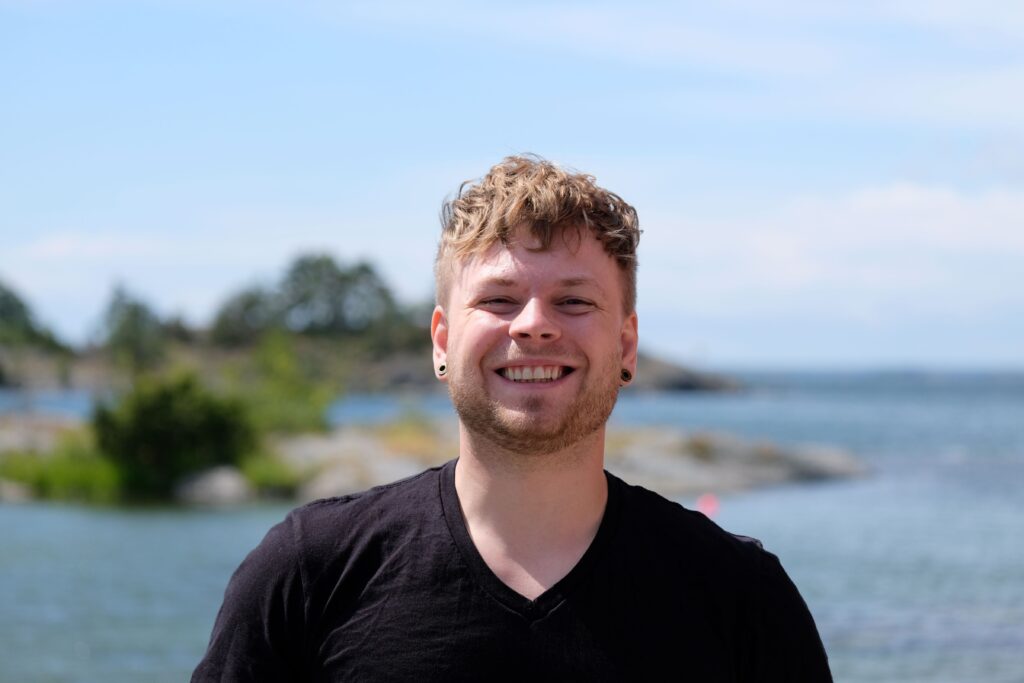
Henrik Sandberg
PhD Student
Benthic Ecology
Department of Ecology, Environment and Plant Sciences, Stockholm University
My research is on environmental monitoring of biodiversity and ecosystem health. Particularly monitoring of benthic habitats and the use of modern DNA sequencing methods to survey communities across trophic levels, from microbes to macrofaunal invertebrates, including the understudied meiofauna. These modern methods could improve our ability to study the functioning of ecosystems, and also enable cost effective and broad scale monitoring. How to best use these methods is the area of focus in my research.
Keywords: benthic ecology, biodiversity, ecosystem health, environmental monitoring, DNA sequencing
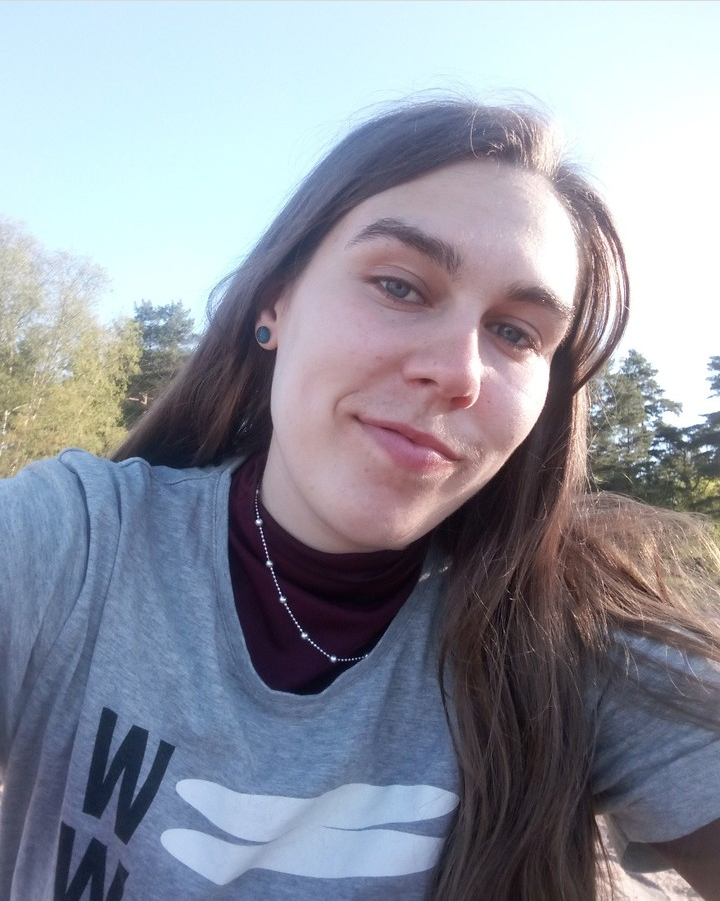
Janina Pykäri
PhD Student
Benthic Ecology
Tvärminne Zoological Station, University of Helsinki
In my research I explore the importance of littoral soft-sediment ecosystems for carbon cycling. The research focus is on very shallow benthic habitats, which usually fall between the scopes of both marine and terrestrial studies. Several components of the benthic ecosystems, such as macroinvertebrates, microphytobenthos and macrophytes will be included in the study topics.
Keywords: carbon cycling, benthic ecosystems, littoral ecosystems
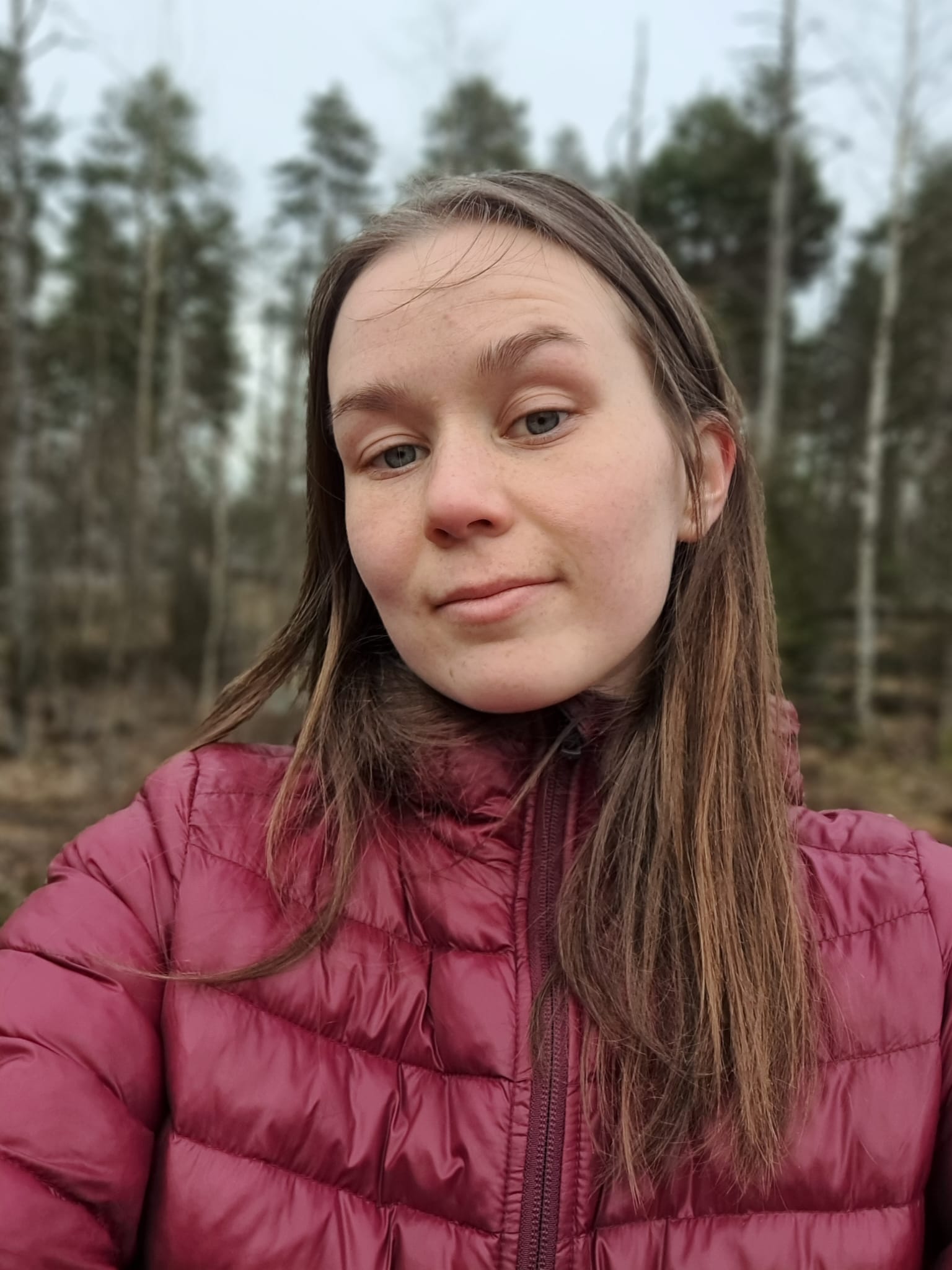
Jenna Hölttä
PhD Student
Benthic Ecology
Tvärminne Zoological Station, University of Helsinki
My research focuses on the biodiversity and ecosystem functioning of submerged vegetation. I am working on the community assembly processes (i.e. abiotic, biotic and dispersal filtering) in seagrass and other aquatic plant communities and the role of functional traits in the assembly and stability of these communities under changing conditions such as climate change.
Keywords: marine biodiversity, seagrass, functional traits, ecosystem functioning, macrophyte ecology
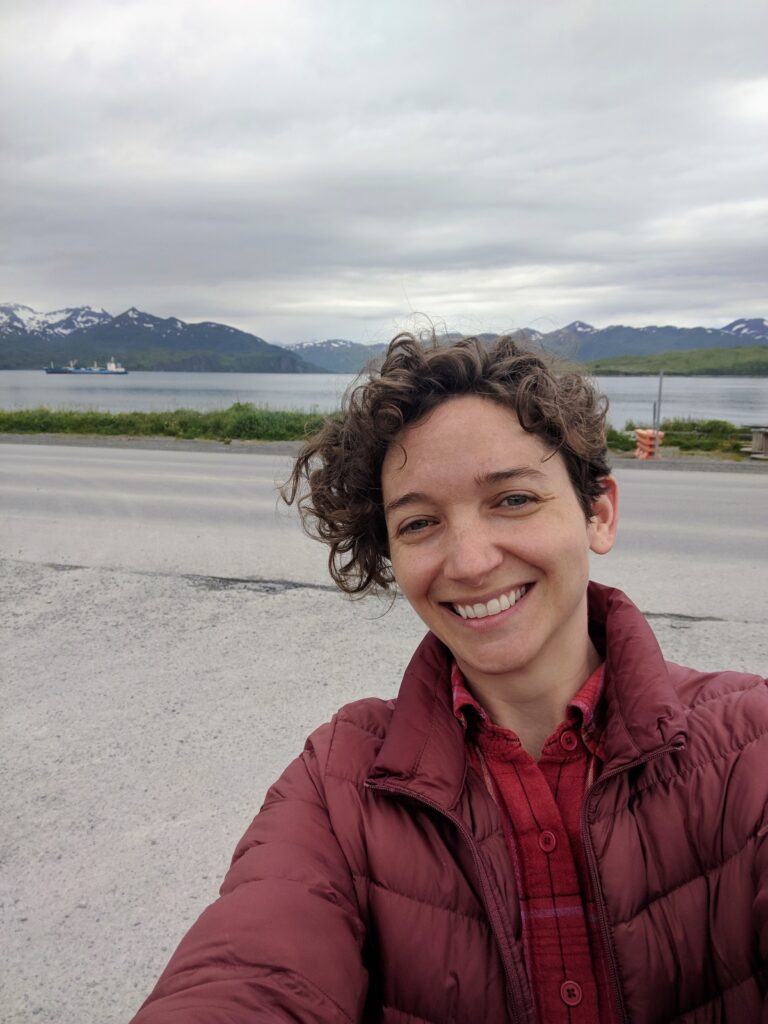
Margaret Williamson
PhD Student
Benthic Ecology
Tvärminne Zoological Station, University of Helsinki
margaret.williamson@helsinki.fi
I investigate carbon cycling and factors affecting carbon sink potential in the common reed (Phragmites australis) across coastal archipelago reed belts. Plant biodiversity in littoral systems along the Baltic Sea has reduced as distribution of the reeds has expanded. However, previous research on the reed’s role in carbon budgets to combat climate change has been limited. This research focuses on exploring the reed’s role in carbon cycling across temporal and spatial scales to better elucidate the reed’s role in coastal carbon budgets.
Keywords: coastal carbon cycling, blue carbon, Phragmites australis, littoral ecology, greenhouse gas fluxes, climate change
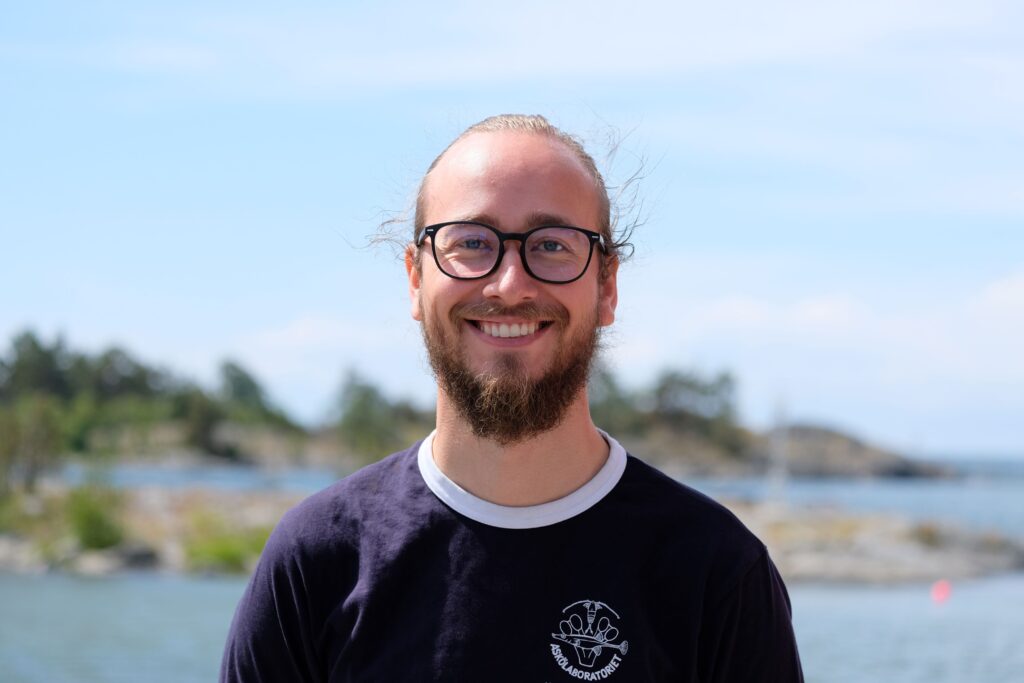
Markus Olsson
PhD Student
Benthic Ecology
Department of Ecology, Environment and Plant Sciences, Stockholm University
My research integrates ecological, and biogeochemical data to quantify the potential environmental impacts of seabed mining on Baltic benthic biodiversity and ecosystem functioning. Currently, I am focusing on assessing the temporal dynamics of recovery from seabed mining to determine if, and how long after impact, recovery takes place. The results will be implemented to further develop Environmental Risk Assessment tools that can be used by regulating authorities to evaluate risks involved with seabed mining in the Baltic Sea.
Keywords: seabed mining, earth minerals, biodiversity and ecosystem function, ecological risk assessment modelling
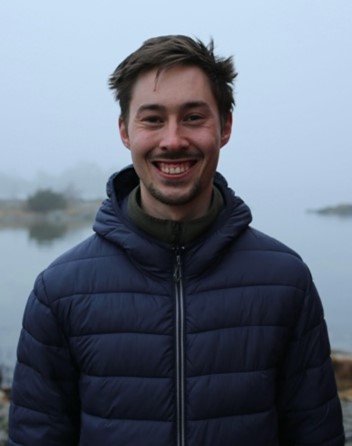
Moritz Nusser
PhD Student
Benthic Ecology
Department of Ecology, Environment and Plant Sciences, Stockholm University
My research investigates how bioturbation by benthic infauna influences greenhouse gas fluxes in the Baltic Sea’s coastal regions. Specifically, I focus on ebullitive and diffusive fluxes of methane (CH4) and nitrous oxide (N2O) and explore how bioturbation traits like mode and size impact these emissions. Overall, my research aims to fill critical gaps in our understanding of these processes, enhancing our ability to assess and manage their implications for climate change impacts on coastal environments.
Keywords: bioturbation, methane fluxes, greenhouse gas fluxes, functional traits, benthic ecology
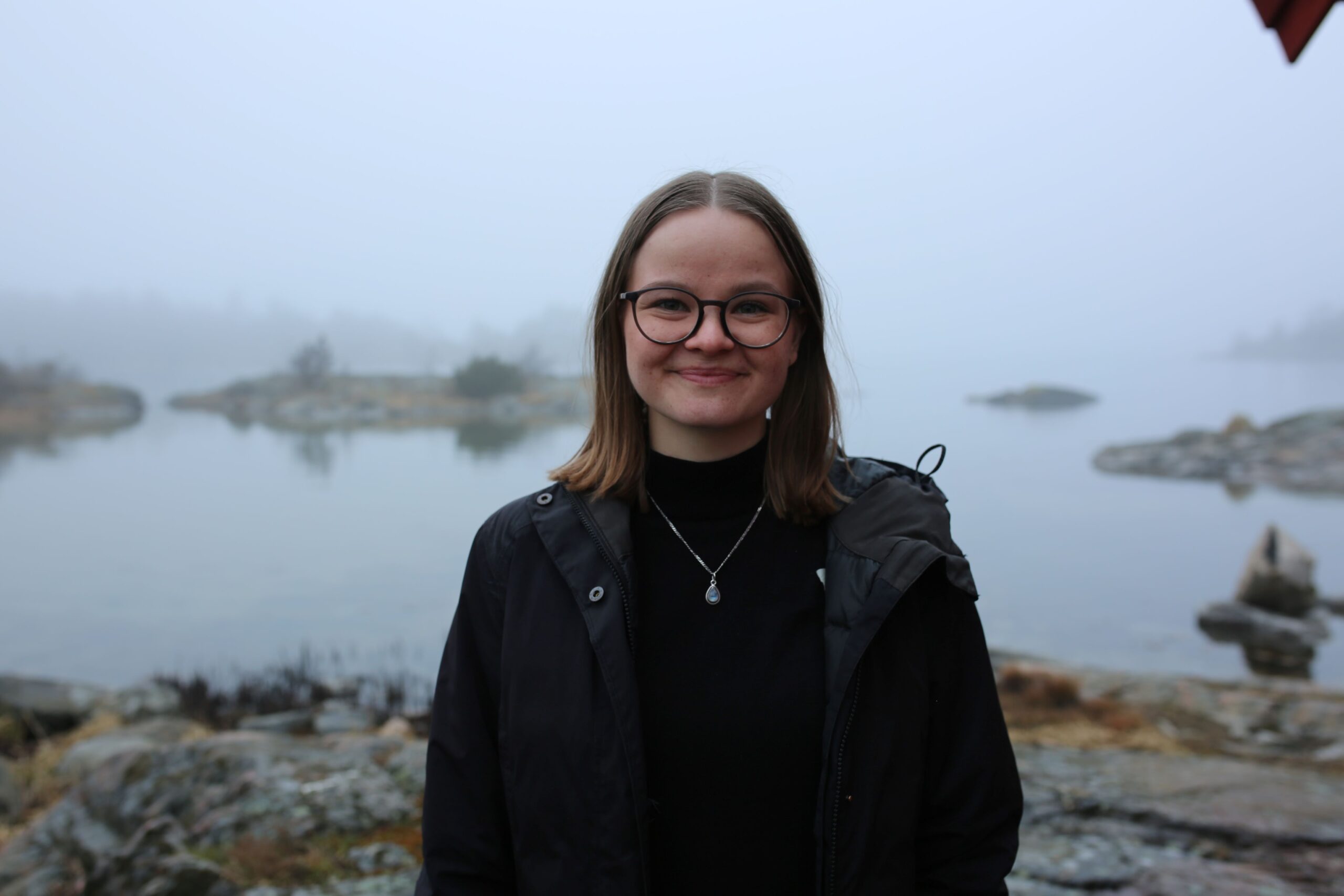
Sara Westerström
PhD Student
Marine Ecology
Department of Ecology, Environment and Plant Sciences, Stockholm University
I study carbon fluxes and carbon sequestration in shallow bays in the Baltic Sea. I take a food web approach to study carbon dynamics, incorporating the roles of infauna, epifauna, macrophytes, and fish. In addition, I analyze the impacts of climate change and anthropogenic drivers, such as the decline of large predatory fish and the increase of Three-spined stickleback, on carbon storage capacity in these environments.
Keywords: blue carbon, carbon fluxes, shallow bays, food web, climate change
Pelagic Ecology
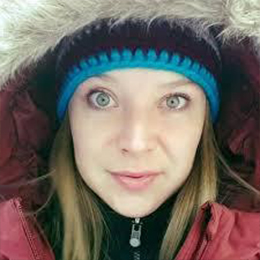
Aleksandra Lewandowska
Assistant Professor
Pelagic Ecology
Tvärminne Zoological Station, University of Helsinki
Aleksandra.lewandovska@helsinki.fi
I investigate causes and consequences of biodiversity change in plankton food webs and I’m passionate about its complexity. I focus on phytoplankton species interactions to understand how changes alter resource use and primary productivity. In food webs, I examine how producer and consumer diversity affect energy transfer between trophic levels. I combine different approaches to understand plankton dynamics, including field and laboratory experiments, data analyses and statistical models. In CoastClim I study consequences of plankton biodiversity change for pelagic carbon uptake.
Keywords: biodiversity, pelagic food-webs, plankton, experimental ecology, climate change
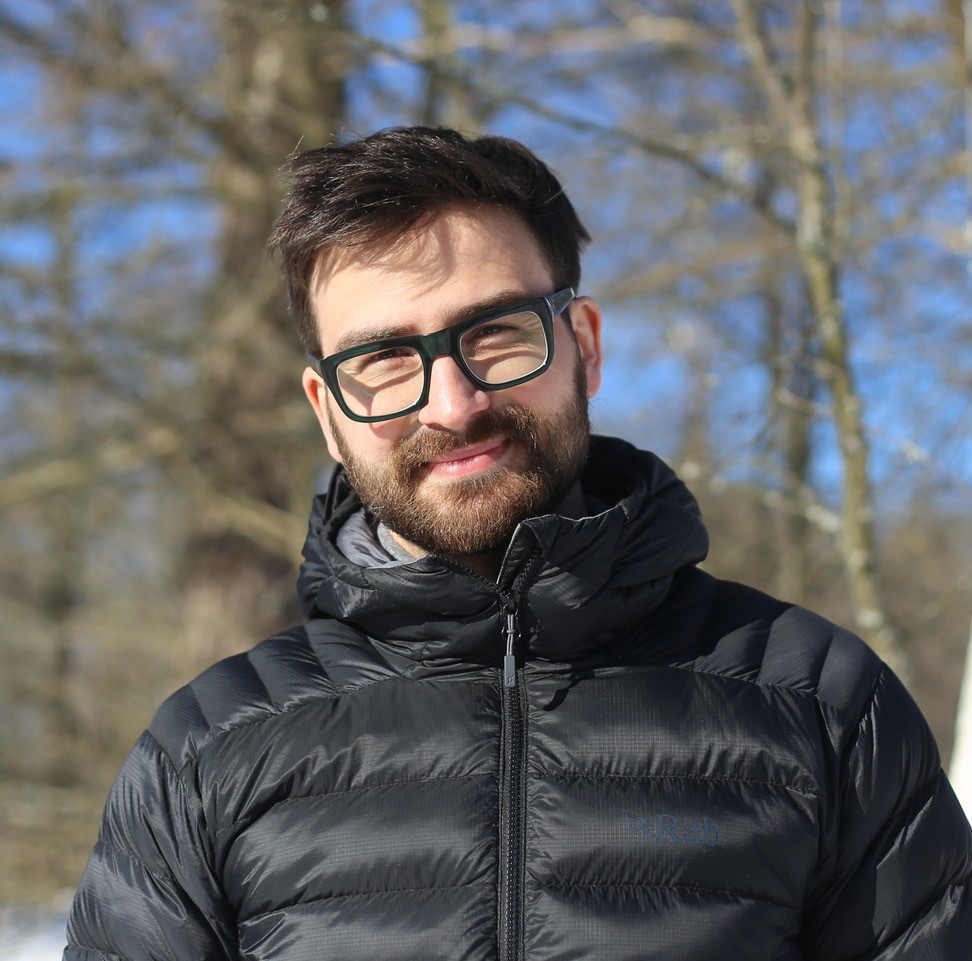
Joris Wiethase
Postdoc
Pelagic Ecology
Tvärminne Zoological Station, University of Helsinki
I am a quantitative ecologist, with an interest in identifying drivers and patterns of environmental change, and their consequent effects on species communities and ecosystem processes. My research involves quantifying the degree to which climate-change driven fluctuations in phytoplankton dominance affect carbon sequestration and GHG emissions, an understudied yet potentially important component of anthropogenic climate change. Analyses use both experimental mesocosm data and coastal measurements for a holistic approach.
Keywords: carbon sequestration, greenhouse gas emissions, plankton community, marine biodiversity, climate change
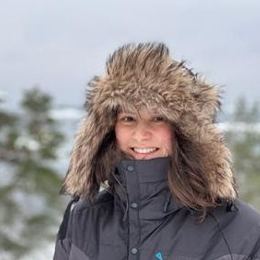
Catharina Uth
PhD Student
Pelagic Ecology
Tvärminne Zoological Station, University of Helsinki
I am interested in biodiversity in general and in phytoplankton. My main interest is the role of phytoplankton in the carbon cycle. My research focuses on the uptake and export of carbon by phytoplankton in the form of CO₂ and CH₄. I also study the effects of changes in phytoplankton community structure on the carbon cycle in coastal areas.
Keywords: carbon cycling, phytoplankton ecology, marine biodiversity, functional traits, community composition
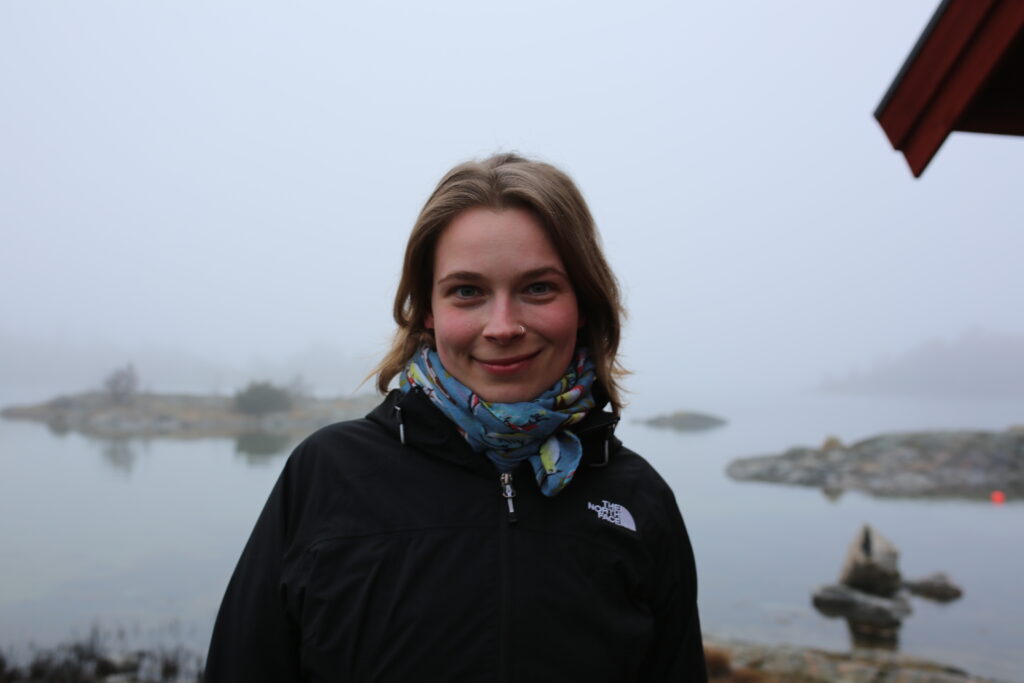
Marie Ritter
PhD Student
Pelagic Ecology
Department of Ecology, Environment and Plant Sciences, Stockholm University
I investigate the spatiotemporal variations in pelagic Baltic Sea fish communities within the Southern Stockholm Archipelago, to evaluate potential impacts on carbon, nutrient, and contaminant cycling. Specifically, I examine population dynamics of Baltic herring (Clupea harengus harengus) and three-spined stickleback (Gasterosteus aculeatus) through integration of hydroacoustics, stable isotope analysis, mercury analysis, and bioenergetic modeling. Currently, I prioritize the acoustic taxonomic identification of marine organisms.
Keywords: coastal pelagic fish communities, nutrients, carbon, contaminants, hydroacoustics
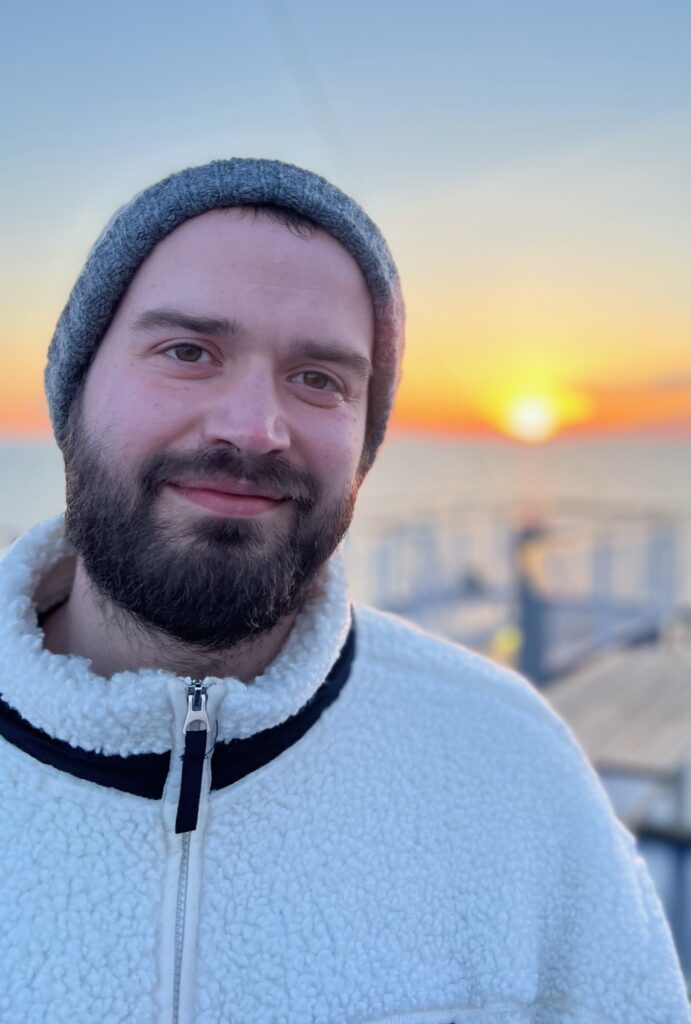
Tjardo Stoffers
PhD Student
Pelagic Ecology
Tvärminne Zoological Station, University of Helsinki
My research focuses on the impact of global change on marine plankton communities. I am currently working on what drives changes in zooplankton communities over long time scales and how these changes eventually affect the carbon cycle due to altered respiration and excretion. I am also interested in testing new methods such as metabarcoding and eDNA metabarcoding to improve the traditional monitoring efforts.
Keywords: zooplankton, carbon cycling, marine biodiversity, monitoring, community composition
Marine Microbiology
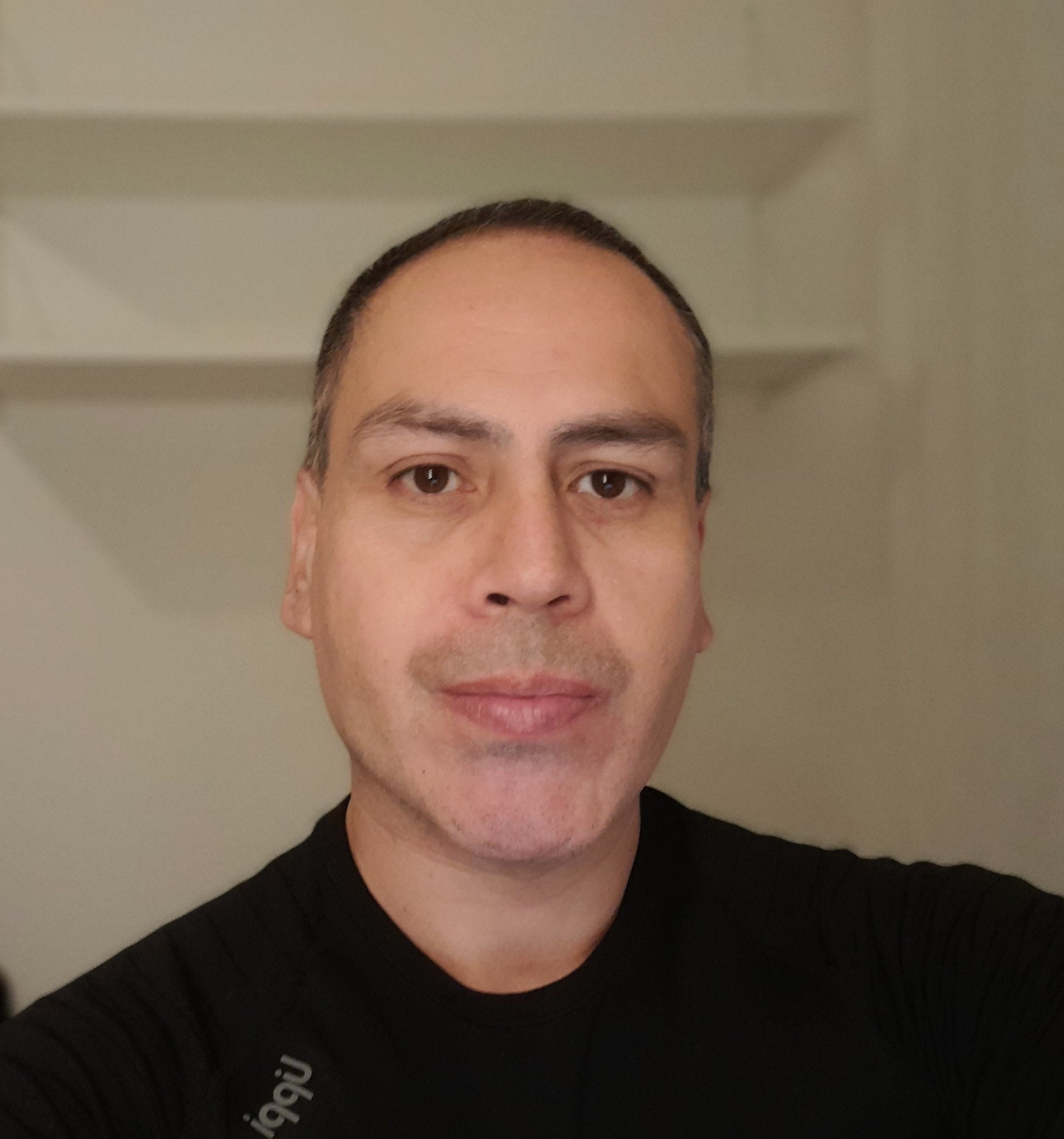
Alexis Fonseca
Postdoc
Marine Ecology
Baltic Sea Centre, Stockholm University
My research focuses on coastal bacteria, their diversity and metabolism, using advanced techniques that examine their DNA and RNA. These techniques reveal the types and functions of bacteria. I use computer tools to analyze and interpret the data from these experiments. Among the constraints that bacteria face are changes in nutrient availability and the risk of being killed by viruses, called bacteriophages. My current interest is to know how these constraints affect the diversity and metabolism of coastal bacteria, and how bacteria resist them.
Keywords: marine bacterial ecology, bacterial diversity, omics, bioinformatics, bacteriophages
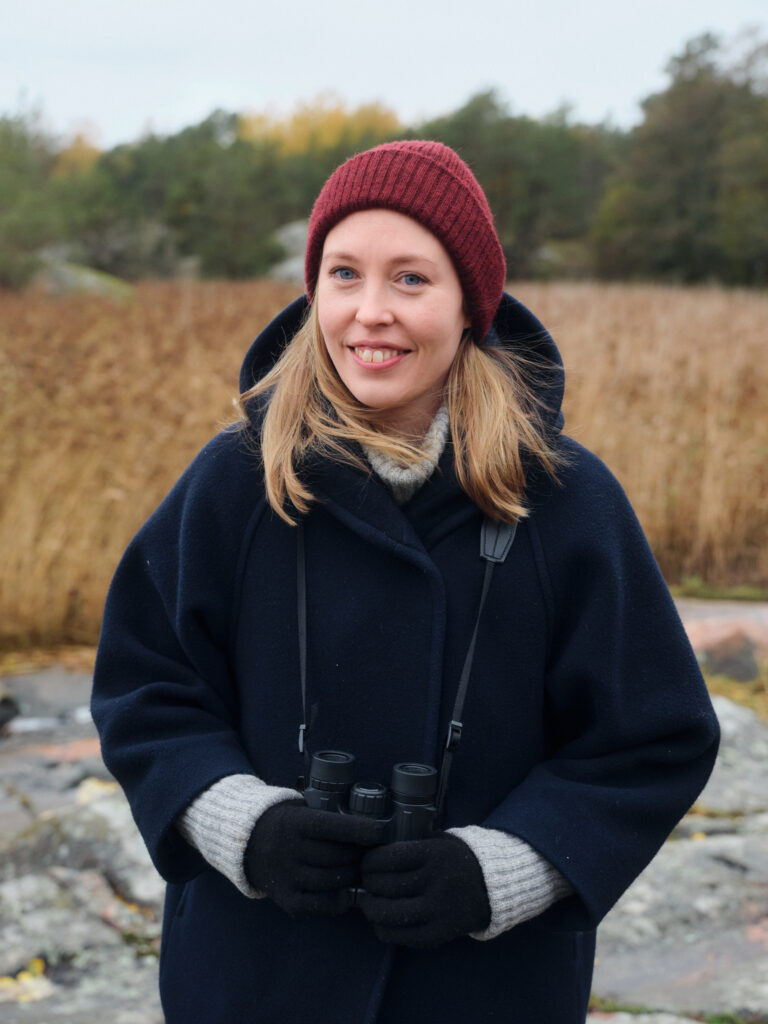
Iines Salonen
Postdoc
Marine Ecology
Tvärminne Zoological Station, University of Helsinki
My research investigates the identity, activity and functioning of marine microbial communities in coastal environments. My aim is to find out how the microbial communities respond to changes in their environmental conditions (e.g., warming), interact with each other and other organisms, and what is their impact on the coastal carbon cycling for example via methane production and oxidation. To answer these questions, I use different molecular ecology tools, such as metagenomics and transcriptomics.
Keywords: microbial communities, molecular ecology, DNA, RNA, biodiversity
Marine Biogeochemistry
Sediment Biogeochemistry
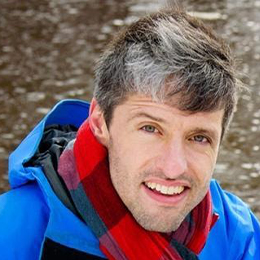
Tom Jilbert
Professor
Sediment Biogeochemistry
Department of Geosciences and Geography, University of Helsinki
My research focuses on biogeochemical processes in human-impacted aquatic systems, such as eutrophic coastal seas and lakes. Within CoastClim I study the coupled dynamics of carbon, nutrients and other elements in coastal sediments. Sediments are important reactors where microbes transform elements. For example, carbon can be buried in organic molecules resisting degradation, i.e. carbon sinks, or converted to GHGs such as carbon dioxide and methane escaping to the air. Understanding these processes leads to better predictions of carbon and nutrient cycling.
Keywords: sediments, carbon, eutrophication, deoxygenation, diagenesis
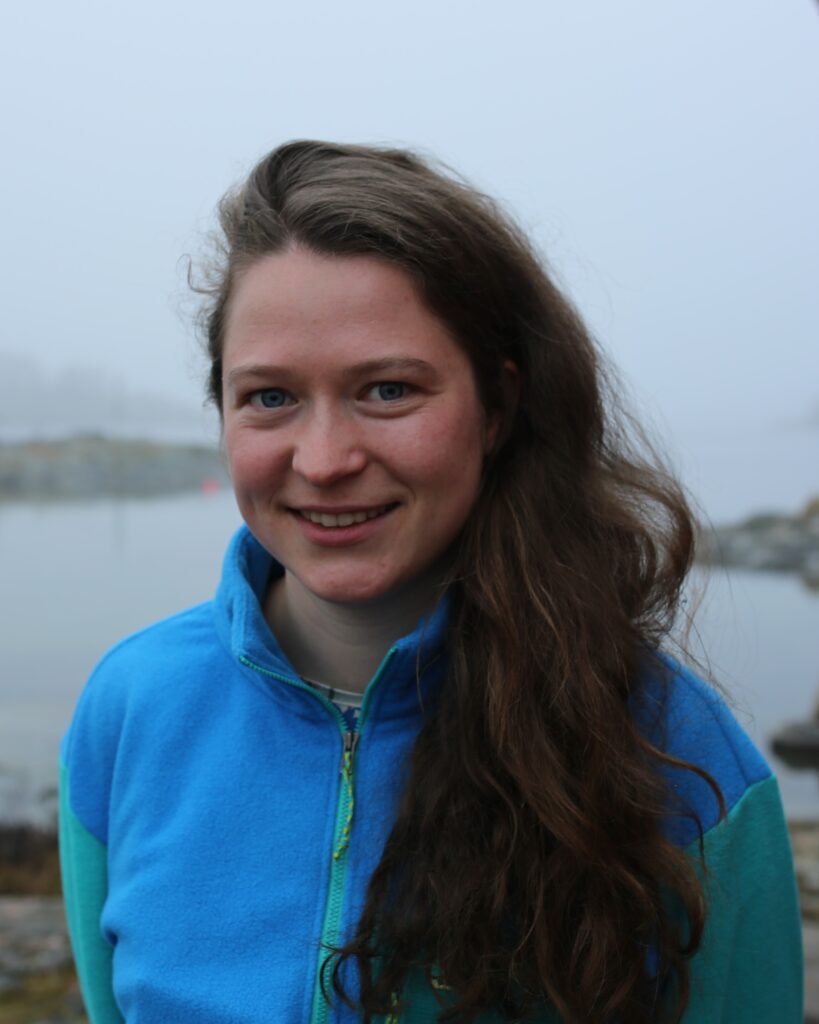
Antonia Schell
PhD Student
Sediment Biogeochemistry
Department of Geological Sciences, Stockholm University
My research focuses on the input history of Baltic Sea sediments. The sediments deposited in the Baltic Sea are determined by the geology of the catchment area. Additionally, the rate of sediment input is influenced by natural fluctuations (e.g., climate) and human activities (e.g., damming). I am currently using an analytical technique called ‘sequential leaching’ to separate the biogenic and mineral phases in the sediments, in order to understand their origin and alteration processes.
Keywords: weathering, silicate alteration, biogenic silica, damming, carbon sequestration
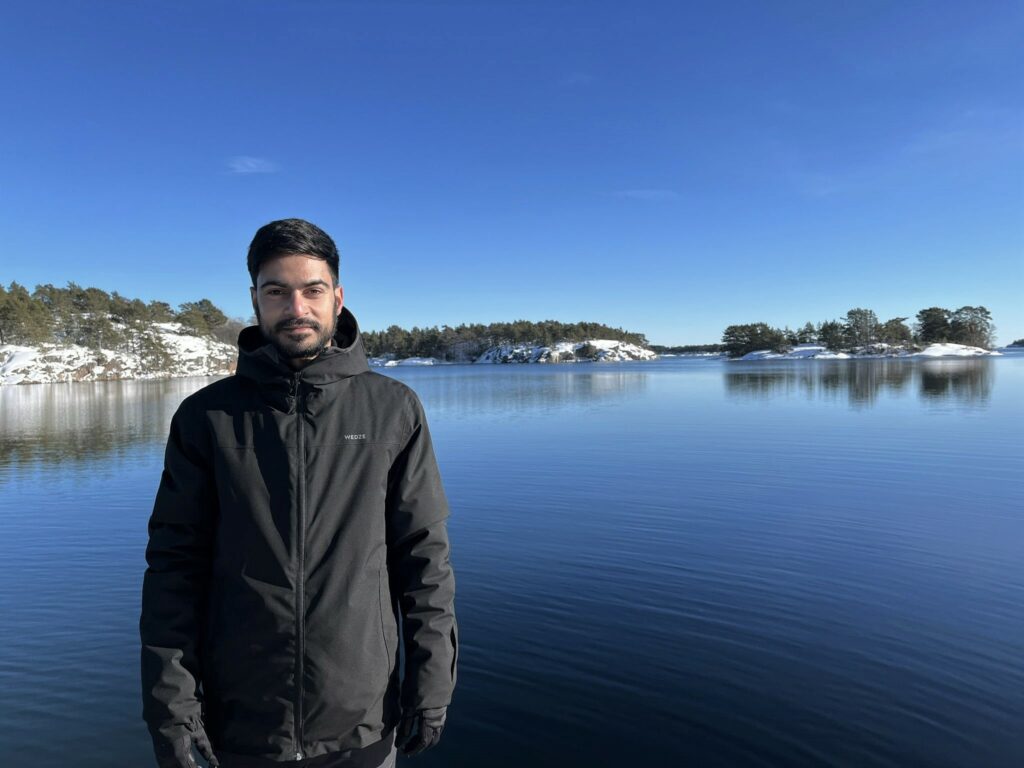
Nishant
PhD Student
Sediment Biogeochemistry
Department of Geosciences and Geography, University of Helsinki
My interest lies in understanding global carbon cycling, especially in coastal marine systems. I aim to acquire more information on blue carbon sequestration in coastal sediments. Sediment depositional environments in coastal systems have the capacity to store carbon on geological time scales, so studying the burial rate and source of sediment carbon is crucial for understanding the global carbon cycle under the effects of climate change. Currently, my work focuses on determining the macroalgal contribution to the sediment carbon sink through studying biomarkers (phenolic compounds).
Keywords: blue carbon, sequestration, carbon cycle, biomarkers, geological time scale
Pelagic Biogeochemistry
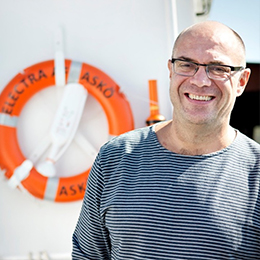
Christoph Humborg
Professor & Academic Leader at BSC
Pelagic Biogeochemistry
Baltic Sea Centre, Stockholm University
One main research focus is on eutrophication issues of the Baltic Sea and its catchment. We address nutrient pathways in various estuaries, which shape the biogeochemical conditions in basins of the Baltic Sea. Moreover, I am involved in international studies on carbon dynamics in high latitude estuaries with focus on riverine carbon transports, coastal carbon dynamics and GHG emissions. A long-term aim of these studies is to quantify how marine biodiversity regulate biogeochemical cycling and contribute to carbon capture, recycling and atmospheric feedbacks.
Keywords: nutrient and carbon land-sea fluxes, coastal GHG dynamics
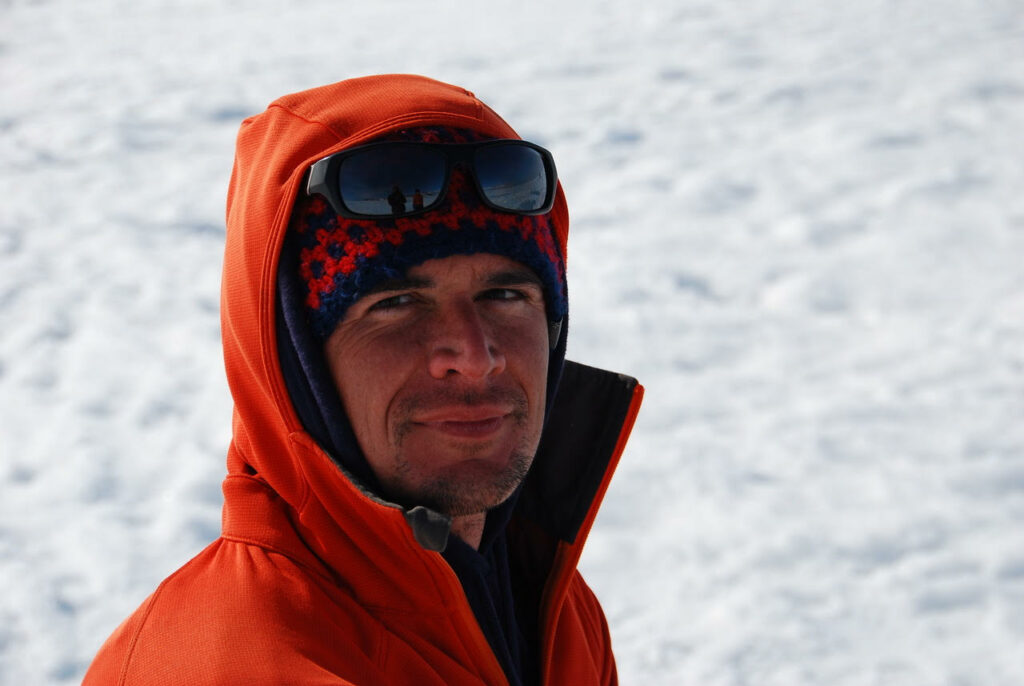
Nicolas-Xavier Geilfus
Researcher
Pelagic Biogeochemistry
Tvärminne Zoological Station, University of Helsinki
nicolas-xavier.geilfus@helsinki.fi
My research interest lies into understanding and quantifying the role of coastal marine environment as sink or source of greenhouse gases (GHG, i.e., CO2, CH4, N2O) to the atmosphere. Gas dynamic is investigated, in association with the highly heterogeneous coastal ecosystem, to determine the scale and drivers of changes in GHG concentrations. What are the key contributors to GHG exchanges with the atmosphere? How will those exchanges evolve in the future?
Keywords: carbon cycling, greenhouse gas fluxes, benthic-pelagic coupling, air-sea gas exchange
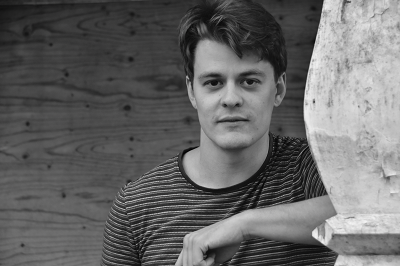
Martijn Hermans
Postdoc
Marine Biogeochemistry
Baltic Sea Centre, Stockholm University and Department of Geosciences and Geography, University of Helsinki
The main impetus of my research is to integrate biogeochemical, metabolic, and geomicrobial data to investigate sedimentary methane dynamics across coastal environments with contrasting depositional environments and bottom water redox conditions. To achieve this, I will use a combination of field data complimented with reactive transport modelling, which allows to better predict how methane dynamics will respond to internal changes, such as organic matter loading, iron input, and bottom water deoxygenation.
Keywords: aquatic biogeochemistry, geomicrobiology, methane, benthic-pelagic coupling, reactive transport modelling
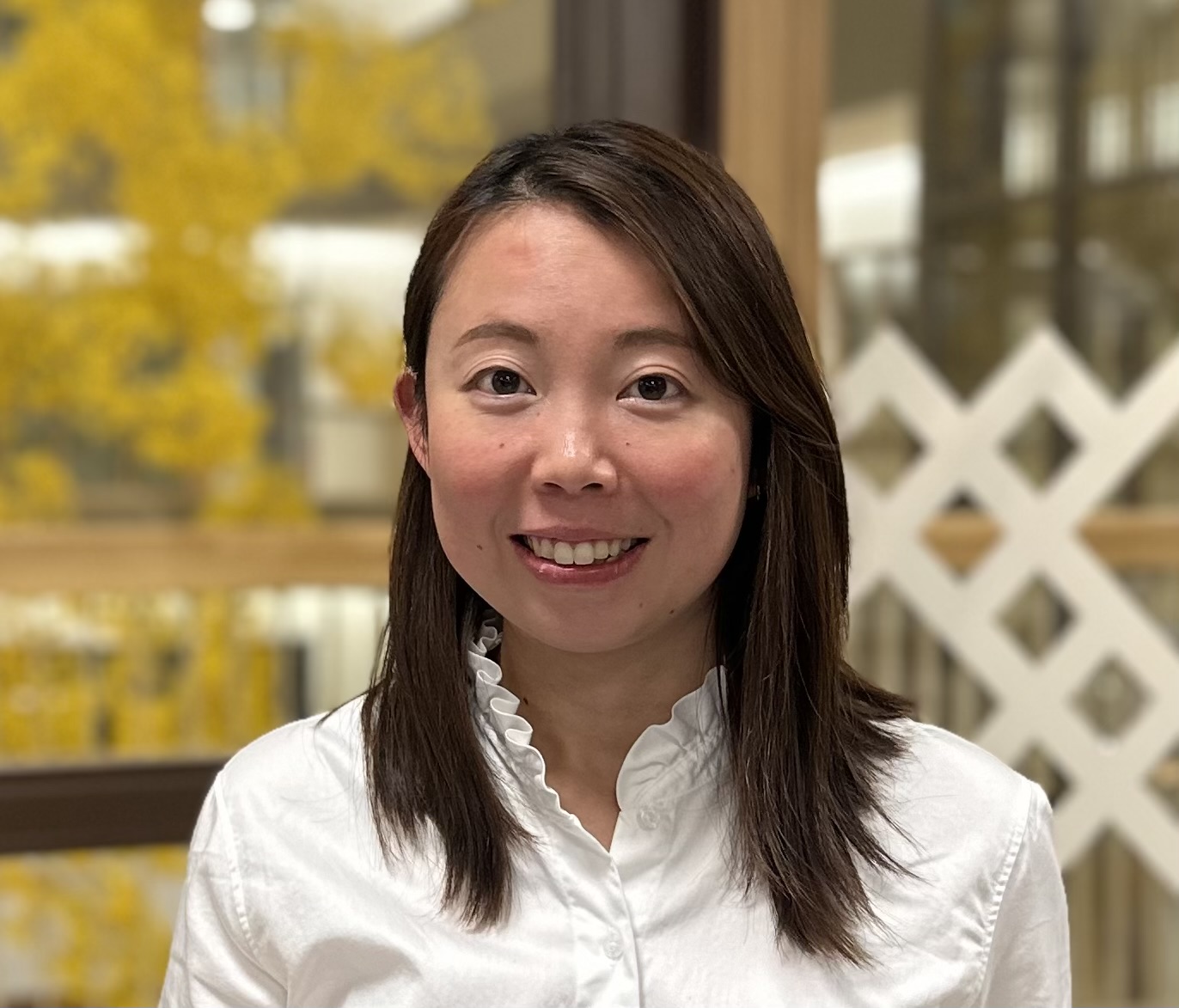
Yvonne Yu Yan Yau
Postdoc
Marine Biogeochemistry
Department of Geological Sciences, Stockholm University
My research focuses on methane and carbon dynamics across coastal ecosystems, using high-resolution continuous measurements in surface waters. I am interested in the balance between carbon sequestration and the greenhouse gas emissions. Currently, I investigate the biogeochemical controls on one of the CH4 transport pathways – ebullition around the Baltic Sea.
Keywords: greenhouse gas fluxes, carbon cycling, blue carbon, ebullition, isotopes

Aurora Menéndez García
PhD Student
Pelagic Biogeochemistry
Tvärminne Zoological Station, University of Helsinki
aurora.menendezgarcia@helsinki.fi
My research aims to investigate how coastal ecosystems in the Baltic Sea regulate greenhouse gases (GHGs) like CO2 and CH4. With a background in oceanography and phytoplankton ecology, I joined CoastClim to study how biodiversity, seasonal changes, and heatwaves affect carbon cycling. Using field observations, continuous monitoring, and experimental approaches, I aim to identify the ecological drivers and conditions behind “hot spots” and “hot moments” of GHG exchange, improving predictions of coastal contributions to climate change.
Keywords: marine biodiversity, carbon cycling, greenhouse gas fluxes, benthic-pelagic coupling, air-sea gas exchange
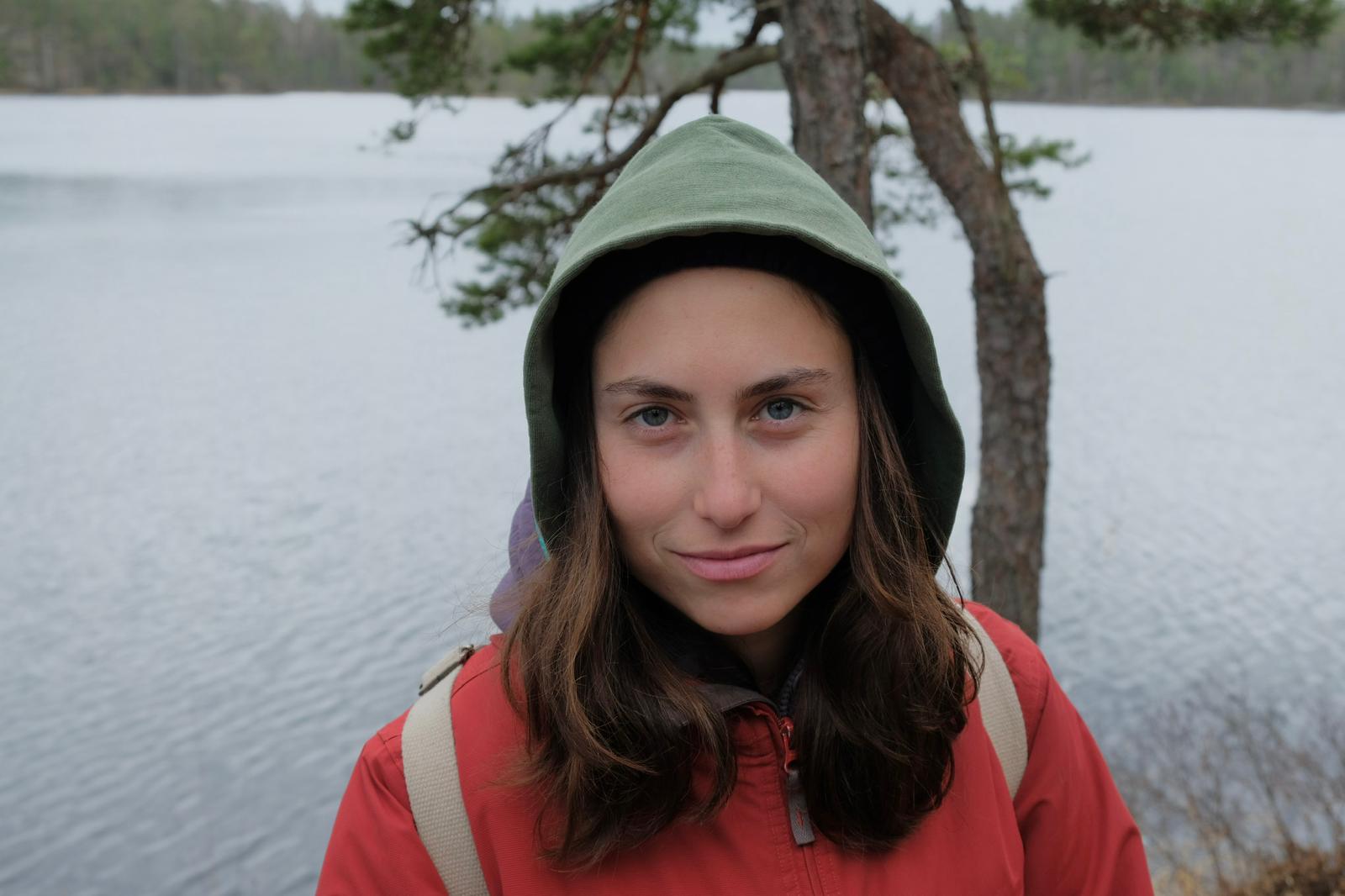
Ilaria Barale
PhD Student
Pelagic Biogeochemistry
Department of Environmental Sciences, Stockholm University and Baltic Sea Centre, Stockholm University
I investigate the fate of land-derived mercury (Hg) in coastal ecosystems, focusing on how mercury interacts with organic matter and its impact on reactivity and mobility at the land-sea-air interfaces. A key area of interest is the (re)-emission of mercury from ocean to atmosphere via sea spray aerosols. By combining laboratory experiments with fieldwork, I aim to improve our understanding of the mercury biogeochemical cycle in coastal ecosystems, particularly under climate change conditions.
Keywords: mercury biogeochemical cycle, organic matter, land-sea-air interfaces, sea spray aerosols
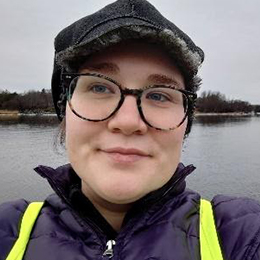
Märta Brunberg
PhD Student
Pelagic Biogeochemistry
Tvärminne Zoological Station, University of Helsinki
My research interests are centred around greenhouse gases (GHG; CO₂, CH₄, and N₂O) in shallow coastal waters. More specifically, I am interested in sea-air fluxes and the production and consumption pathways of GHGs. I am currently working on high-resolution spatiotemporal measurements of greenhouse gases in shallow coastal waters.
Keywords: greenhouse gas fluxes, carbon cycling, benthic-pelagic coupling, blue carbon, shallow coastal area
Atmospheric Sciences
Aerosol-Climate Feedbacks
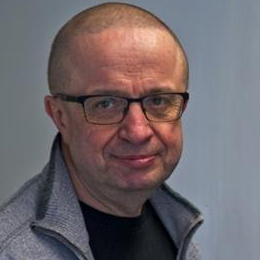
Markku Kulmala
Professor
Aerosol-Climate Feedbacks
Institute of Atmospheric and Earth System Research, University of Helsinki
My research interest includes earth surface – atmosphere interactions and feedbacks, atmospheric chemistry and physics, atmospheric aerosols, new particle formation and their growth, climate change and air quality. The backbone of my research is comprehensive, longterm observations. In CoastClim I will utilise our expertise to establish Coastal SMEAR station in Tvärminne.
Keywords: climate change, earth surface – atmosphere interactions and feedbacks, atmospheric aerosols, trace gases, clusters, cloud microphysics, coastal environment
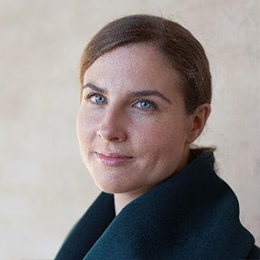
Ilona Riipinen
Professor
Aerosol-Climate Feedbacks
Department of Environmental Science, Stockholm University
My research focuses on understanding the sources, sinks and evolution of atmospheric aerosol particles and their interactions with clouds, climate and human health. My current focus is largely on the interactions between aerosol particles and the atmospheric gas phase, in particular the formation and effects of atmospheric organic aerosol and thus the feedback between ecosystems, human activities and climate. Within CoastClim I work on the implications of emissions from the Baltic Sea on atmospheric aerosol loadings.
Keywords: atmospheric composition, atmospheric aerosols, phase transitions, air-sea interactions
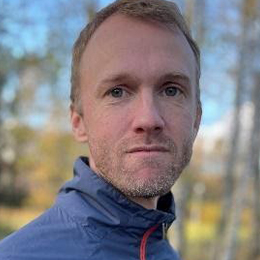
Mikael Ehn
Professor
Aerosol-Climate Feedbacks
Institute of Atmospheric and Earth System Research, University of Helsinki
Volatile organic compounds are constantly emitted to the atmosphere from different ecosystems as well as anthropogenic processes. I study how these compounds oxidize in the atmosphere, with a particular focus on processes forming oxidation products of very low volatility, as these can contribute to particulate matter. These aerosol particles are important as they impact Earth’s radiation balance.
Keywords: volatile organic compounds, oxidation chemistry, chemical ionization mass spectrometry, aerosol particles
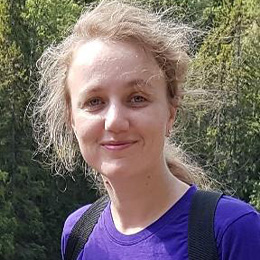
Ekaterina Ezhova
Researcher
Aerosol-Climate Feedbacks
Institute of Atmospheric and Earth System Research, University of Helsinki
My research focuses on land-atmosphere-hydrosphere interactions and feedbacks in boreal zone. Currently, I am focusing on joint analysis of various physical and ecological processes in atmosphere and hydrosphere based on measurements in the coastal zone. How do coastal ecosystems contribute to climate-atmosphere-biosphere feedbacks and what are the control parameters/processes?
Keywords: carbon sink, coastal zone, stratification, waves and turbulence, atmospheric aerosol/VOC/GHG
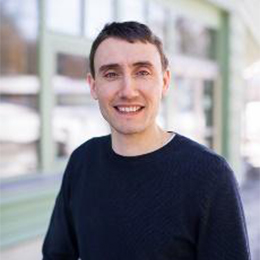
Matthew Salter
Researcher
Aerosol-Climate Feedbacks
Department of Environmental Science and Bolin Centre, Stockholm University
I am a marine biogeochemist/aerosol physicist and I focus on interactions between the surface ocean and the atmosphere. More specifically, I am interested in sea spray aerosols (SSA), and how these aerosols can impact climate and transport pollutants. Within CoastClim I am establishing an air-sea interaction laboratory at the Askö laboratory. This facility includes state-of-the-art simulation chambers with a view to investigating links between marine biodiversity, biogeochemistry and SSA production and properties within the Baltic Sea.
Keywords: sea spray aerosol, sea surface microlayer, volatile organic carbon, Persistent organic pollutants, surfactants
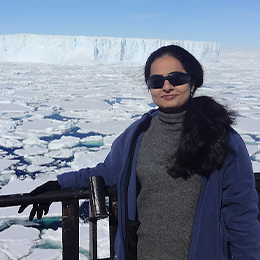
Roseline Thakur
Researcher
Aerosol-Climate Feedbacks
Institute of Atmospheric and Earth System Research, University of Helsinki
My research focuses on the role of emissions (inorganic and organic) from coastal and marine habitats in modifying the atmospheric chemistry and more particularly their impact on new particle formation (NPF), cloud condensation nuclei (CCN) and radiation budget in the atmosphere, integrating the role of meteorology in the entire dynamics. Currently, I am exploring the role of biogenic emissions from the Arctic coastal regions and arctic tundra on the new particle formation.
Keywords: coastal, new particle formation, biogenic emissions, cloud condensation nuclei
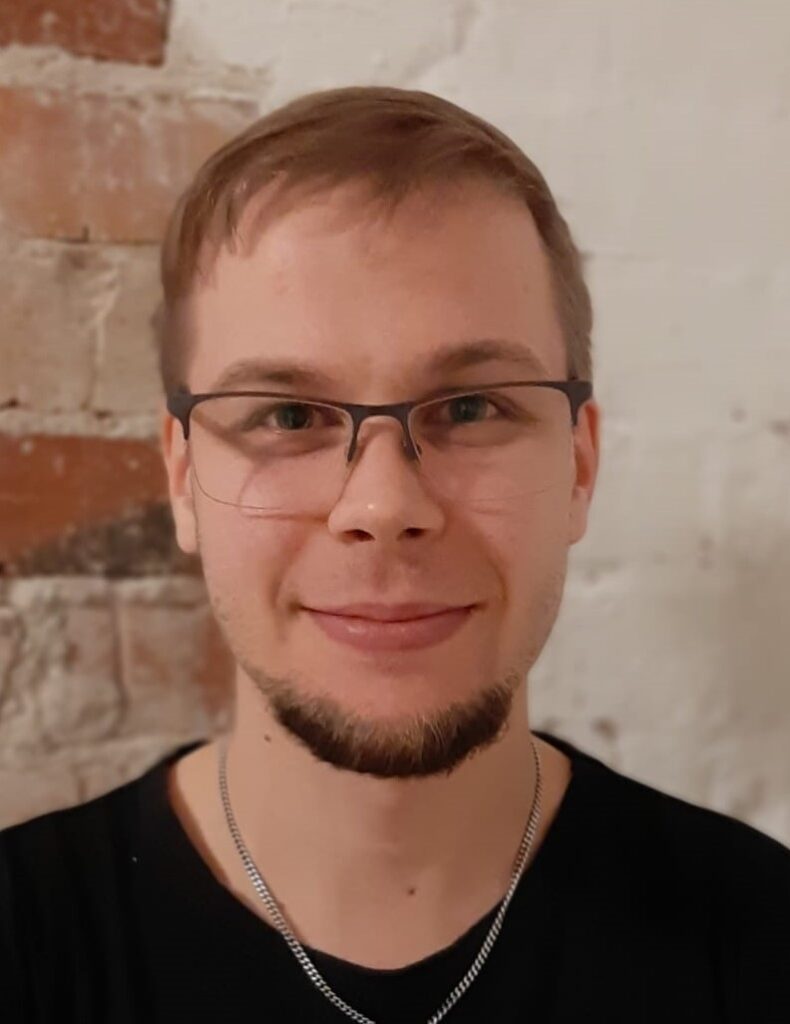
Frans Graeffe
Postdoc
Aerosol-Climate Feedbacks
Atmospheric and Earth System Research, University of Helsinki
My research focuses on developing methods for measuring volatile organic compounds (VOCs) from water samples with online mass spectrometers. By achieving this, we are closer to understand VOC emissions from vegetated coastal areas. In addition, I’m responsible for the long-term measurements of aerosol particles of different sizes as well as trace gases at the Tvärminne site. Together with other onsite measurements, we are trying to understand the particle formation in coastal environments.
Keywords: aerosol particles, trace gases, mass spectrometry, volatile organic compounds, biogenic emissions
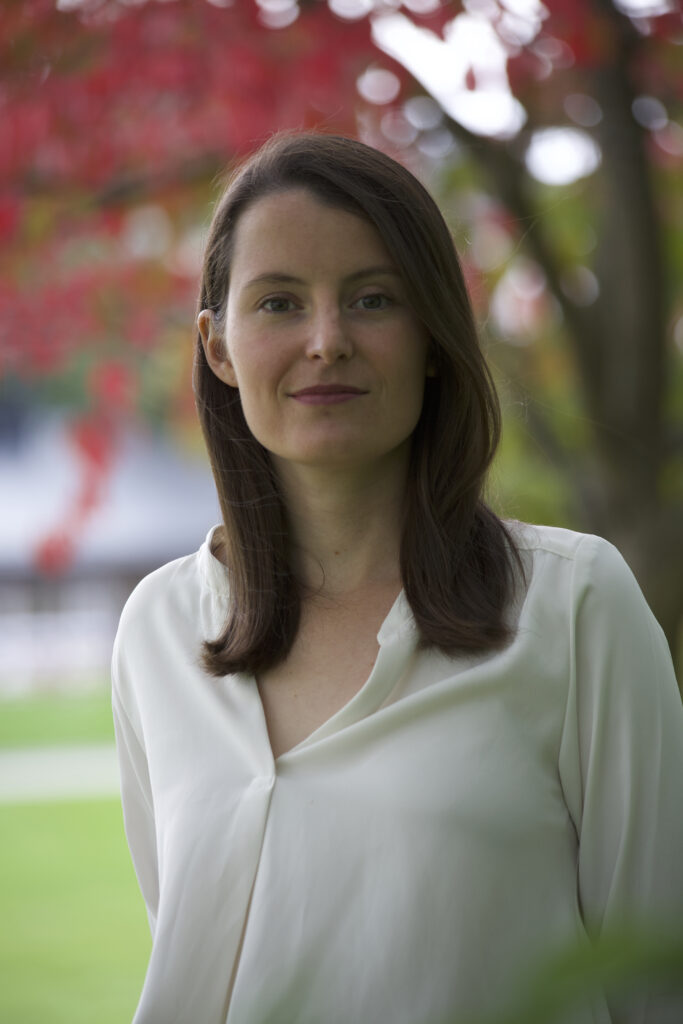
Julika Zinke
Postdoc
Aerosol-Climate Feedbacks
Baltic Sea Centre, Stockholm University
Within CoastClim I will focus on the air-sea-exchange of aerosols and greenhouse gases such as methane and carbon dioxide. To investigate these, I will combine eddy covariance flux measurements with measurements using a water equilibration gas analyzer system that will be deployed on a floating platform at the Askö laboratory. These measurements will allow to investigate seasonal cycles as well as the influence of the coastal bottom topography on gas and aerosol emissions.
Keywords: air-sea exchange, aerosol fluxes, greenhouse gas fluxes
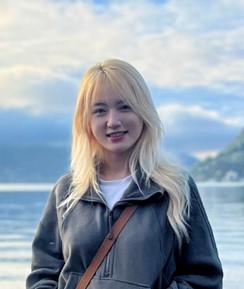
Yifang Gu
Postdoc
Aerosol-Climate Feedbacks
Department of Environmental Science, Stockholm University
In CoastClim my research focuses on investigating the chemical, eco-physiological, and environmental factors driving BVOCs production in the coastal Baltic Sea. Also their cycling in the ocean, and their subsequent emission to the atmosphere, is critically related to my research. I will analyze the marine BVOCs using chemical ionization mass spectrometry (CIMS) for long-term measurements within a new floating atmospheric laboratory at Askö in the Swedish archipelago. Our goal is to quantify BVOCs in seawater and ambient air.
Keywords: sea spray aerosols, BVOCs, coastal area, chemical ionization mass spectrometry, aerosol particles
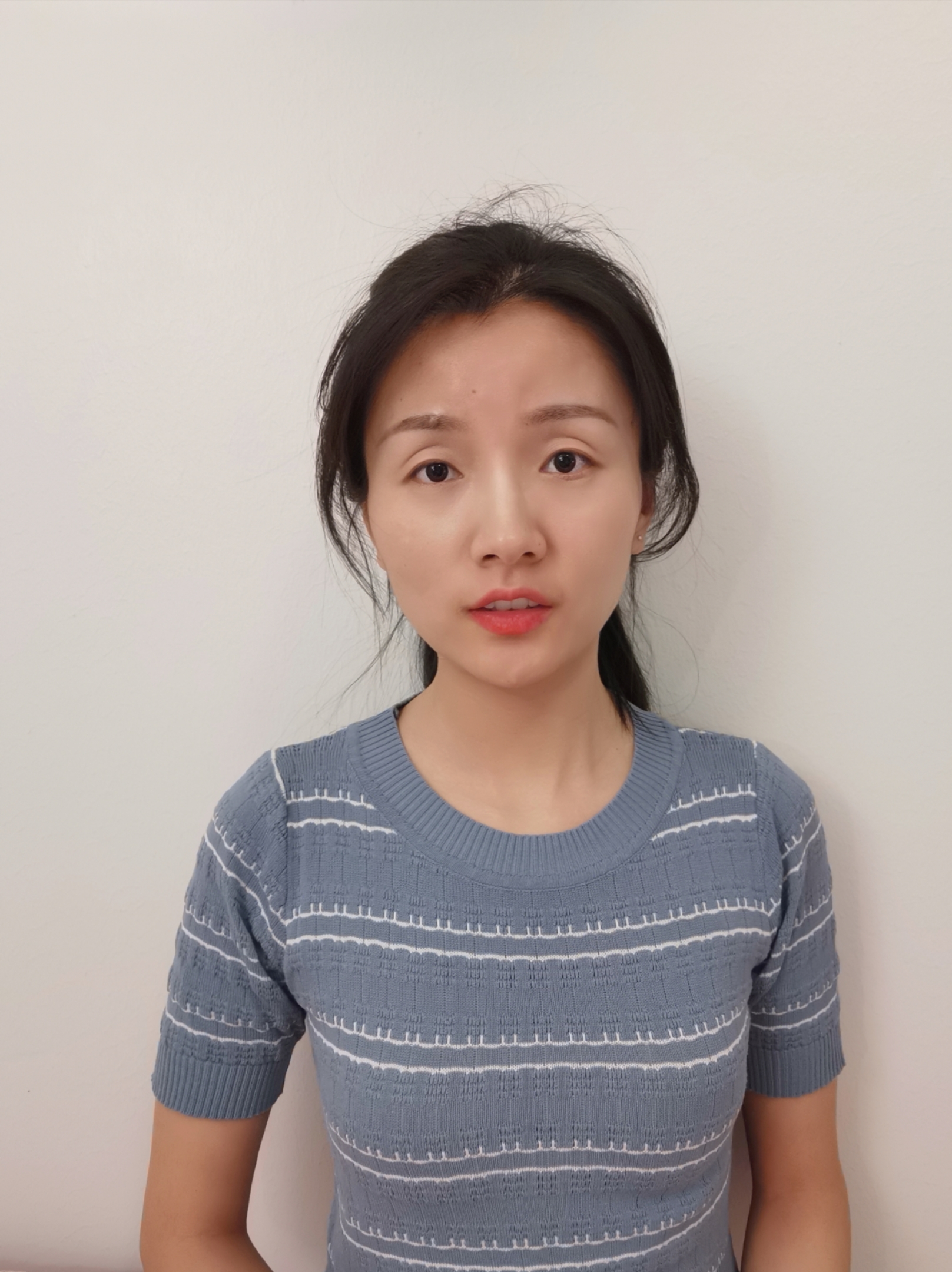
Yuanyuan Luo
Postdoc
Aerosol-Climate Feedbacks
Institute of Atmospheric and Earth System Research, University of Helsinki
My research focuses on volatile organic compounds (VOCs) emissions from marine environments. I am developing methods to measure VOCs directly from water samples using online mass spectrometers. My goal is to link marine VOCs to atmospheric aerosol dynamics and determine their impact on particle formation and growth in the coastal environments.
Keywords: volatile organic compounds, aqueous VOCs, marine-atmosphere interactions, chemical ionization mass spectrometry
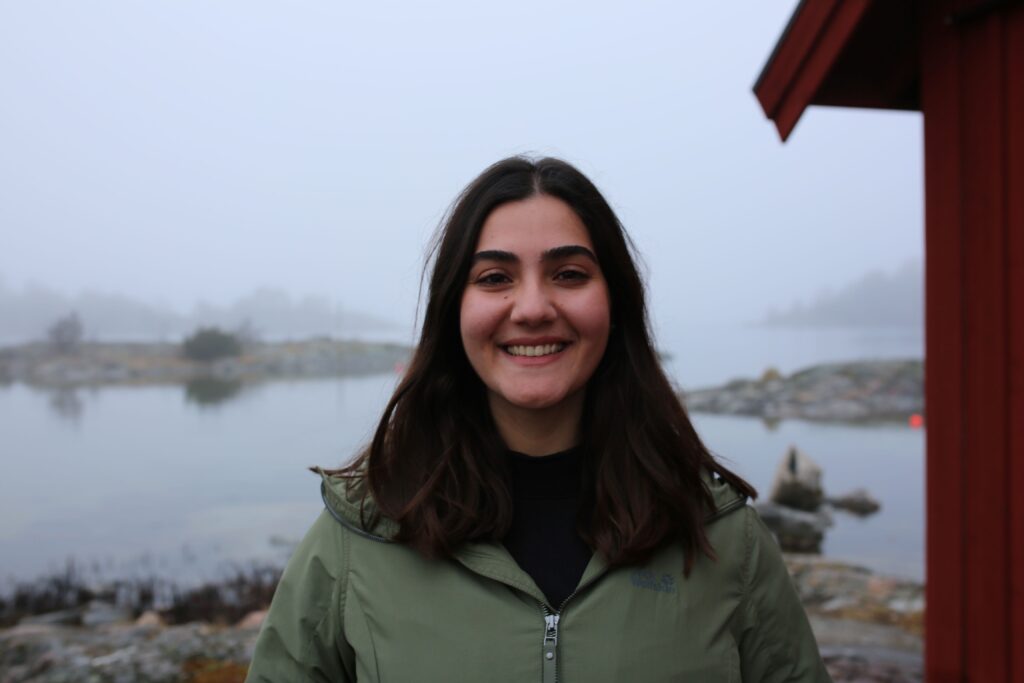
Rawan Fayad
PhD Student
Aerosol-Climate Feedbacks
Department of Environmental Science, Stockholm University
My research is focused on investigating the environmental factors that influence the production of sea spray aerosol in the coastal Baltic Sea. I will be using a novel sea spray simulation chamber located at the Askö research laboratory to conduct long-term measurements looking into the chemical composition and physical properties of the emitted aerosols.
Keywords: sea spray aerosols, aerosol properties, simulation chamber, coastal area, climate change
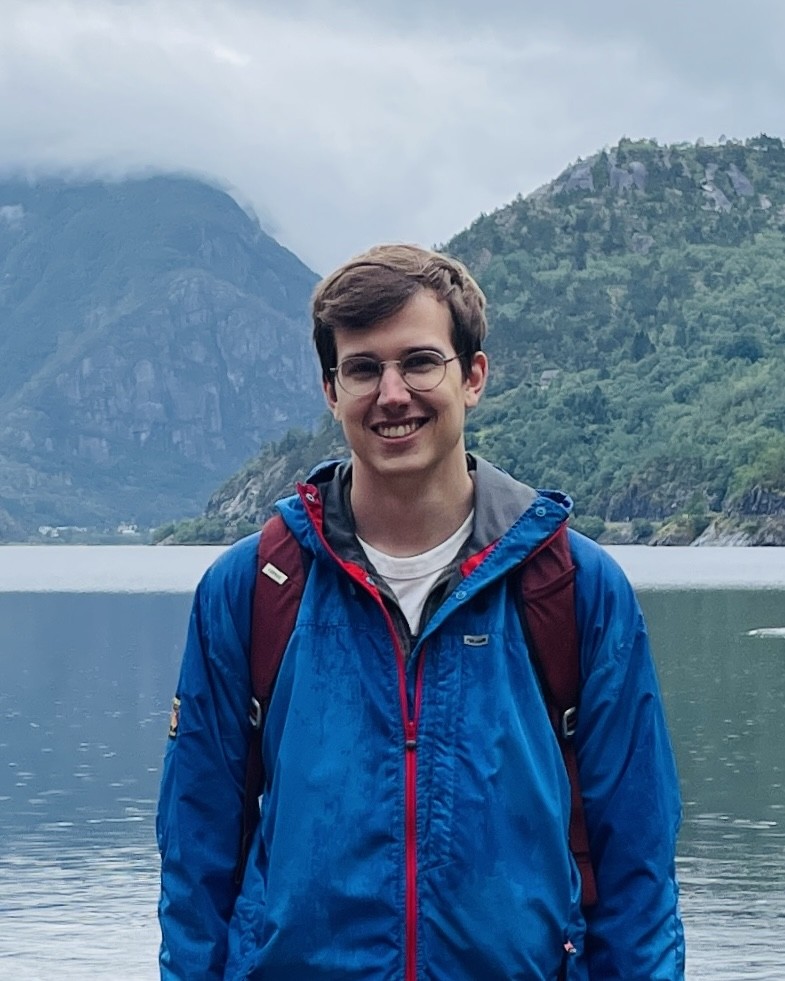
Valter Mickwitz
PhD Student
Aerosol-Climate Feedbacks
Institute of Atmospheric and Earth System Research, University of Helsinki
My research focuses on methods for measuring, analyzing and understanding processes where highly oxidized organic compounds form in the gas phase and are taken up into aerosol particles. In CoastClim I am analyzing long term datasets of atmospheric trace gasses using chemical ionization mass spectrometry at the Tvärminne station and relating these measurements to different sources or processes. By identifying the origins of these compounds, we can understand the coastal contribution to formation of aerosols, and what role the aerosol-climate feedbacks may have on the coastal environment itself.
Keywords: aerosol particles, trace gases, chemical ionization mass spectrometry, highly oxygenated organic molecules, volatile organic compounds
Micrometeorology and Greenhouse Gas Fluxes
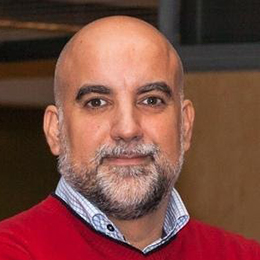
Ivan Mammarella
Professor
Micrometeorology & Greenhouse Gas Fluxes
Institute for Atmospheric and Earth System Research, University of Helsinki
My research interests are related to biosphere-atmosphere interactions and, in particular, on measuring and modelling vertical exchange processes of momentum, energy, greenhouse gases, other trace gases and aerosol particles between the atmosphere and different terrestrial ecosystems (forest, wetland and water bodies). Within CoastClim, I am focusing on air-water interaction, including studies of physical and biogeochemical processes in coastal water ecosystems especially related to the carbon cycle.
Keywords: gas exchange, carbon cycling, eddy covariance, CO2 and CH4 fluxes, air-water gas transfer velocity parameterizations
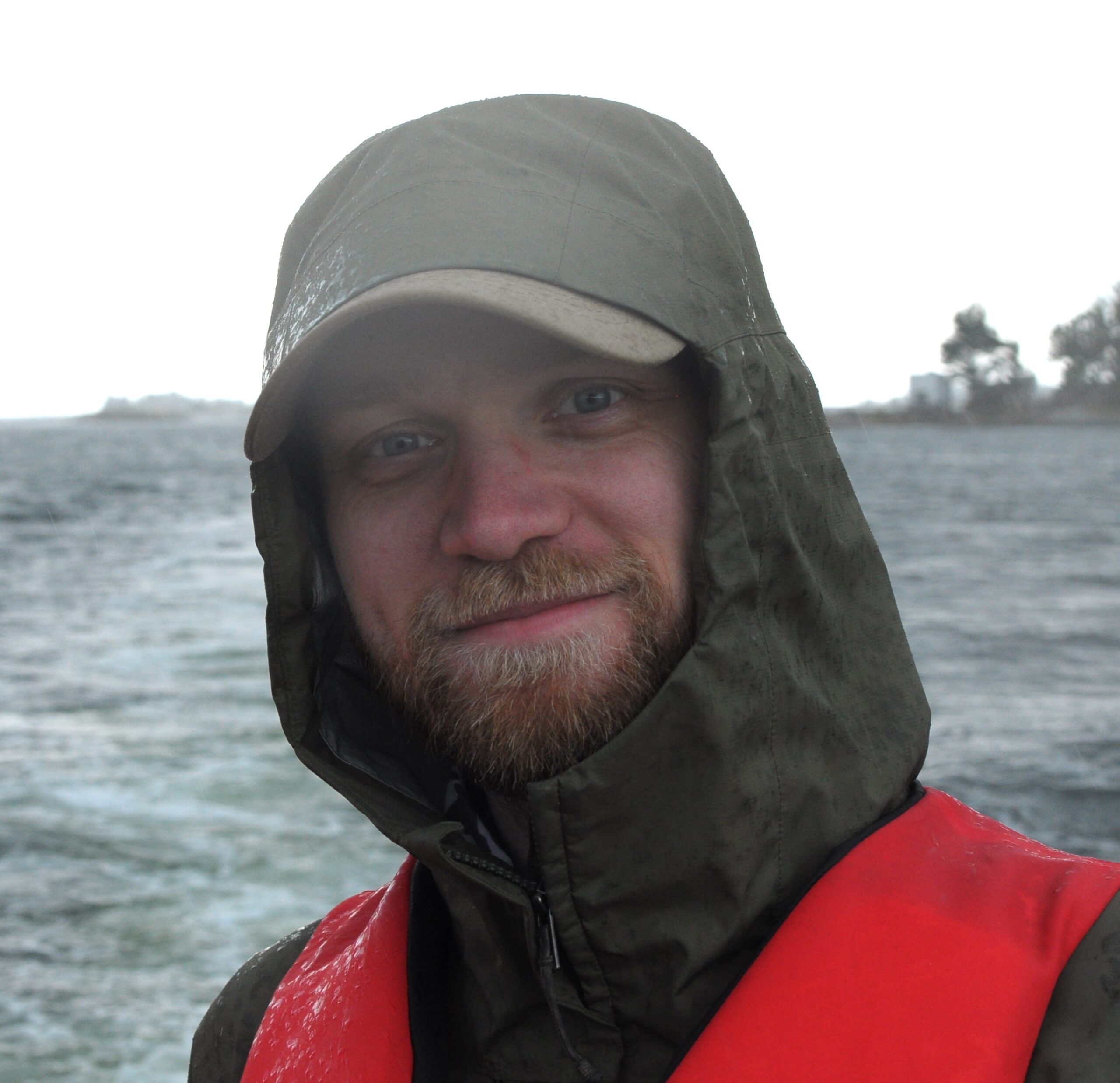
Joachim Jansen
Postdoc
Micrometeorology & Greenhouse Gas Fluxes
Institute for Atmospheric and Earth System Research, University of Helsinki
My interdisciplinary research aims to link biogeochemical and physical processes in aquatic environments. Within CoastClim I use high-frequency measurements and statistical models to disentangle the physical and biological drivers of coastal greenhouse gas fluxes with the aim of improving the upscaling and prediction of carbon emissions.
Keywords: gas transfer, carbon cycling, eddy covariance, climate change
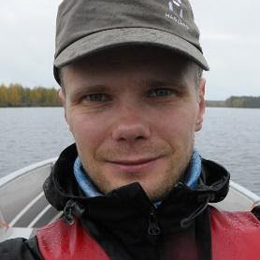
Aki Vähä
PhD Student
Micrometeorology & Greenhouse Gas Fluxes
Tvärminne Zoological Station & Institute of Atmospheric and Earth System Research, University of Helsinki
My research concentrates on measuring the amount of carbon dioxide (CO2) and methane (CH4) that the coastal ecosystem exchanges with the atmosphere. My main method of research is the eddy covariance technique, which provides near-continuous measurements of these gas fluxes. In addition, we test and develop existing models in order to quantify how physical drivers in the natural environment, such as wind and the heating and cooling of water, control the exchange of gases.
Keywords: greenhouse gas fluxes, eddy covariance, sea-atmosphere interaction, turbulence, carbon cycling
Ecosystem Modelling
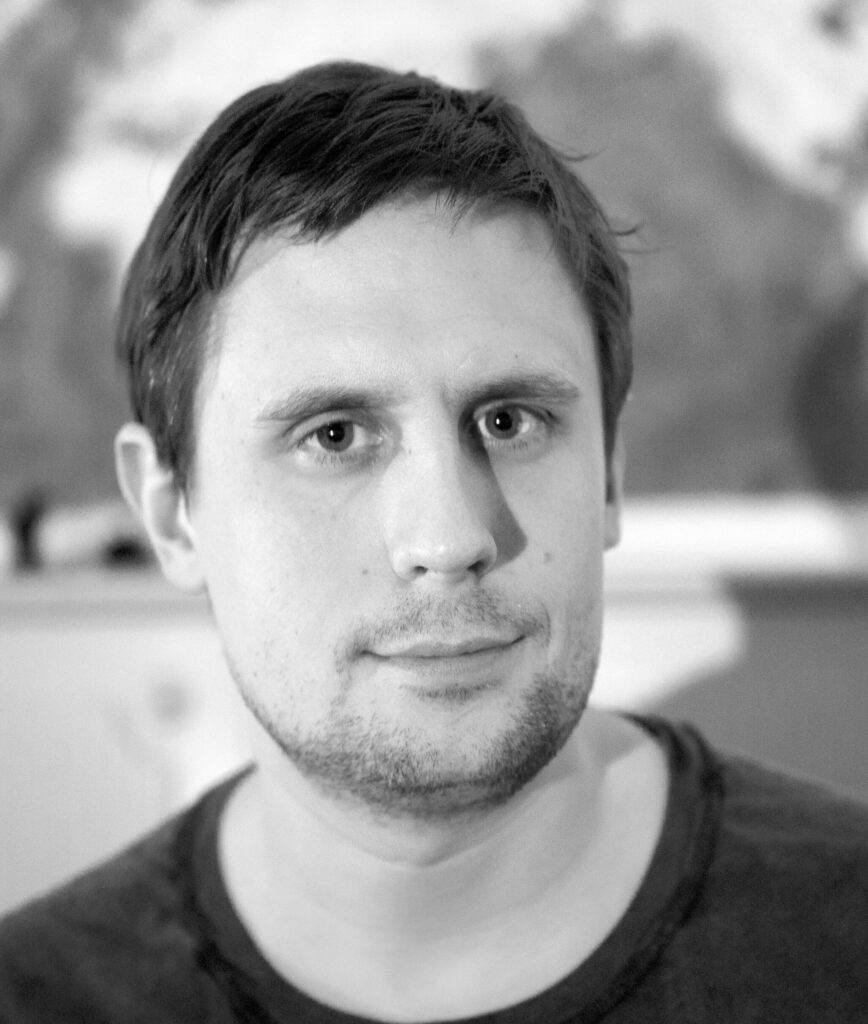
Christian Stranne
Assistant Professor
Ecosystem Modelling
Department of Geological Sciences, Stockholm University,
Baltic Sea Centre, Stockholm University and
Bolin Centre, Stockholm University
I use numerical modeling to study the fate of dissolved and gaseous methane within marine sediments. I am also active within the field of hydro-acoustics, using echosounders to observe e.g. seafloor gas bubble discharge, ocean stratification and turbulent mixing within the water column. In an ongoing project, we are combining a sophisticated sediment model with a coupled ocean-bubble model to investigate where and when our oceans can become hotspots for methane emissions to the atmosphere.
Keywords: methane fluxes, sediment-water coupling, hydro-acoustics, numerical modeling, methane emissions, acoustic midwater mapping
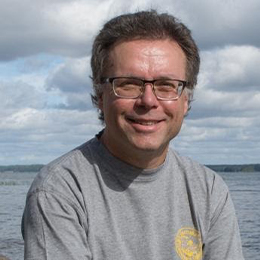
Bo Gustafsson
Researcher
Ecosystem Modelling
Baltic Sea Centre, Stockholm University
I develop and use numerical models to understand and quantify the dynamics of interconnecting processes in the marine ecosystem with the primary aim to evaluate and advice environmental management. I have largest experience in physical-biogeochemical modeling with eutrophication management applications, but here the scope will be widened to modeling of the greenhouse gas transports and transformations.
Keywords: biogeochemical cycling, marine modeling, benthic-pelagic coupling, greenhouse gas dynamics, management support
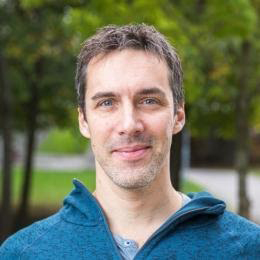
Erik Gustafsson
Researcher
Ecosystem Modelling
Baltic Sea Centre, Stockholm University
My research is primarily focused on numerical modelling of physical and biogeochemical processes in the Baltic Sea. The model calculations are used to describe and understand past and potential future changes of e.g. salinity, carbon and nutrient cycling, oxygen conditions, and acidification depending on CO₂ emissions, climate, and land-use change. I am currently working to improve the understanding of causes and consequences of acidification in the Baltic Sea.
Keywords: physical-biogeochemical modelling, nutrient cycling, carbon cycling, inorganic carbon system, climate change
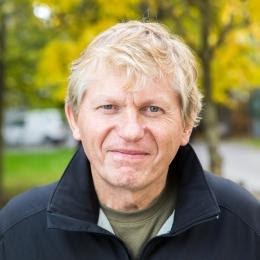
Alexander Sokolov
Researcher
Ecosystem Modelling
Baltic Sea Centre, Stockholm University
My fields of interest include software development for environmental research, hydrodynamic modelling of coastal areas and submesoscale processes in the Baltic Sea. Within CoastClim I am working on a high-resolution model of the Gulf of Finland to study how submesoscale processes (upwellings, filaments) interact with small scale coastal areas.
Keywords: hydrodynamic modelling, submesoscale processes, software development
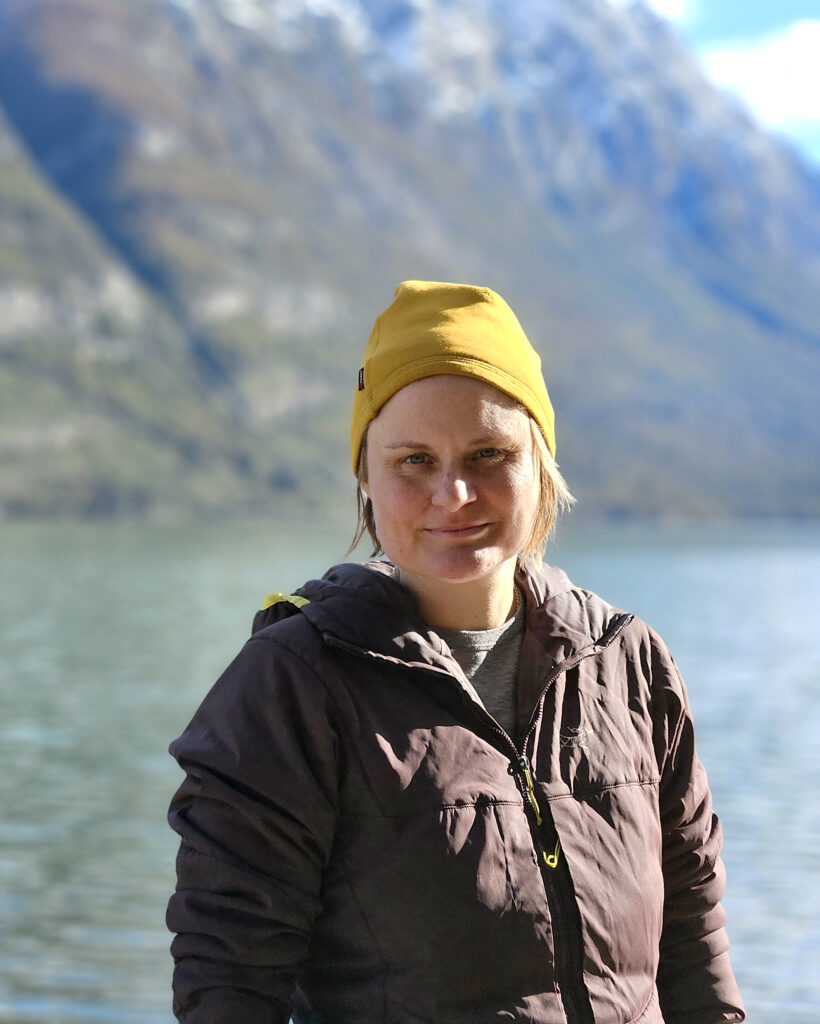
Susanne Kortsch
Researcher
Marine Ecology
Tvärminne Zoological Station, University of Helsinki
I am a community and food web ecologist. Broadly speaking, my work is focused on understanding the impacts global change on the structure and functioning of ecological communities. To achieve this goal, I use integrative and holistic approaches such as network analyses and bioenergetic food web modeling. Within CoastClim, it is my role to develop a better understanding of how the processes underlying biodiversity, ecological interactions and ecosystem structure influence carbon cycling and the potential for coastal marine ecosystems to capture and store carbon.
Keywords: marine biodiversity, food webs, energy fluxes, ecosystem functioning, carbon cycling
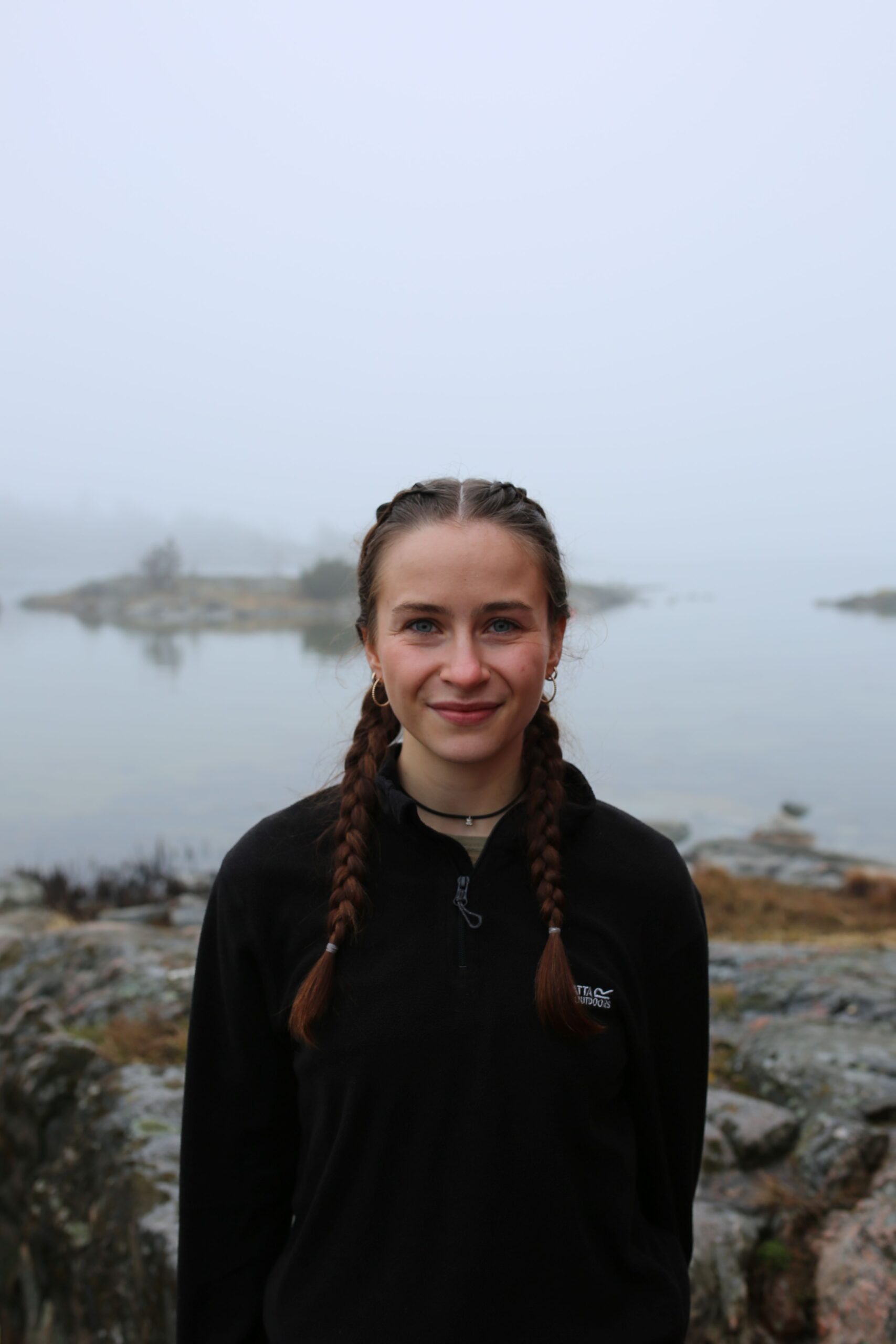
Abigail Elizabeth Robinson
PhD Student
Wetland hydrology and remote sensing
Department of Physical Geography, Stockholm University
My research is focused on improving our understanding of how wetlands behave hydrologically and how we can link hydrology to ecosystem service delivery. I use a combination of remote sensing techniques along with deep learning to understand how water is stored and flows in the most important wetlands in Sweden. By improving our understanding of wetland hydrology, we are both able to better manage them so they can sustain their relevant ecosystem services and identify new wetlands for protection and/or restoration.
Keywords: wetland hydrology, ecosystem service delivery, remote sensing, deep learning, hydrological regimes
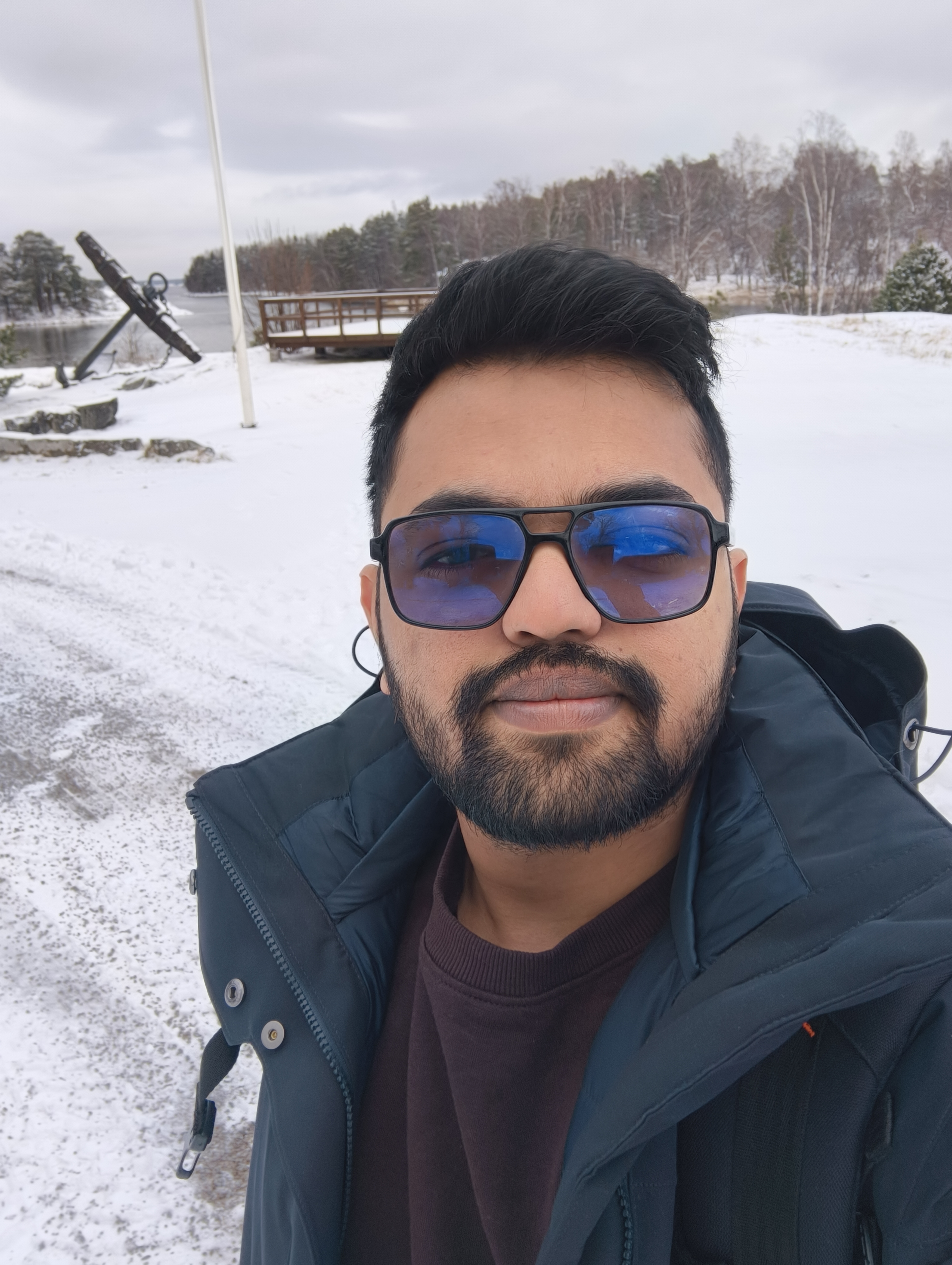
Aditya Kamath
PhD student
Ecosystem Modelling
Tvärminne Zoological Station, University of Helsinki
Driven by a keen interest in the dynamic nature of coastal ecosystems, my research focuses on marine ecology and biodiversity, with a particular emphasis on macroalgal and macrobenthic communities. As part of CoastClim, my doctoral studies will combine field and mesocosm experiments with modeling techniques to study Fucus-associated food webs in the Baltic Sea.
Keywords: marine ecology, productivity, food-web modelling, macroalgae, macrobenthos
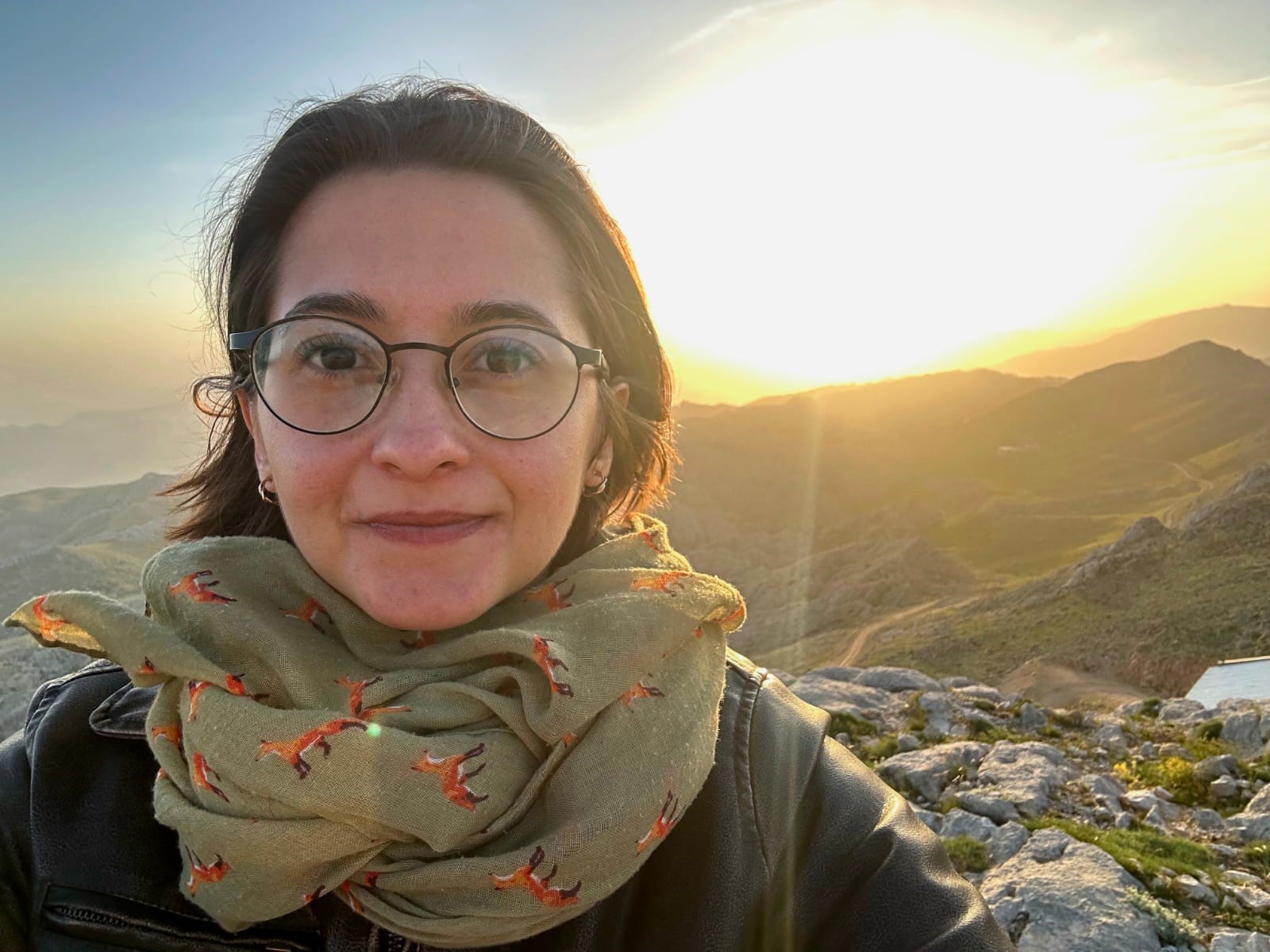
Buse Uysaler
PhD student
Ecosystem Modelling
Tvärminne Zoological Station, University of Helsinki
All organisms within an ecosystem play a role in carbon cycling through their functional integration into food webs. In my doctoral work, I will develop ecosystem models using a food web approach to predict the dynamics and fate of carbon within and between different compartments of the coastal Baltic Sea ecosystem.
Keywords: ecosystem modelling, carbon cycling, food web, benthic-pelagic coupling, coastal ecology
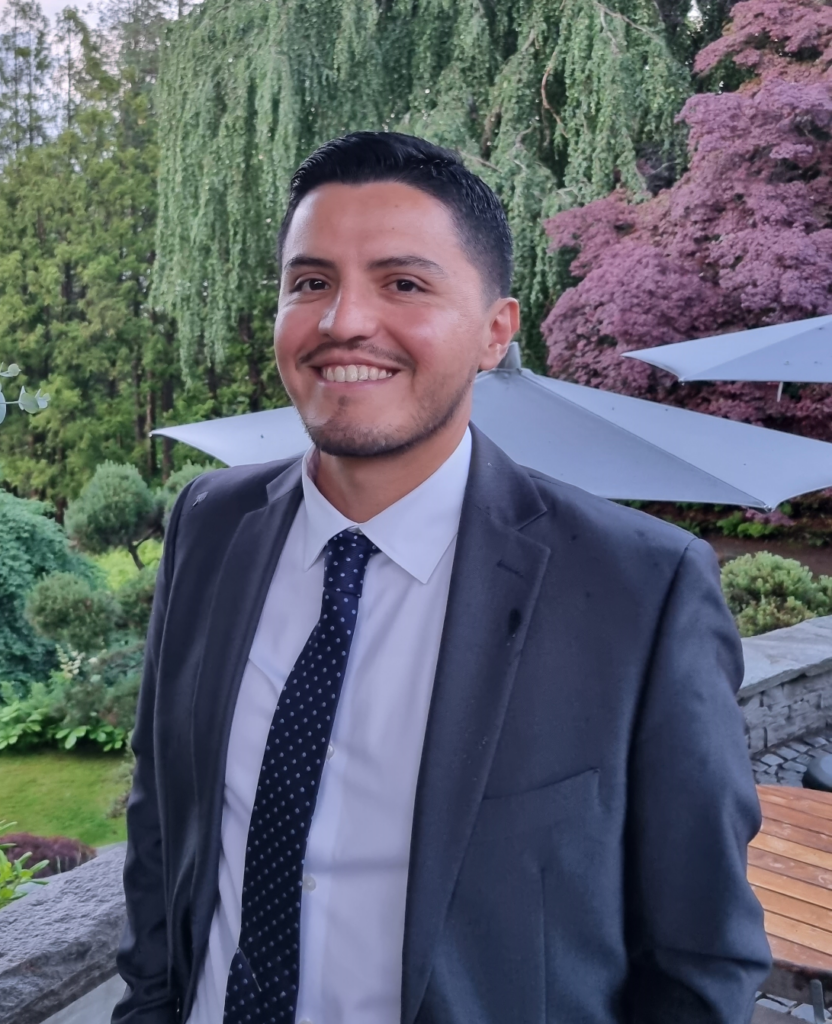
David Lindao Caizaguano
PhD Student
Hydrogeodesy
Department of Physical Geography, Stockholm University
Lakes and reservoirs across the globe often face inconsistent and limited monitoring, which is crucial for effective management and risk assessment. I am using satellite data, particularly from the Surface Water and Ocean Topography (SWOT) mission, alongside SAR methods and altimetry, to build a comprehensive framework for assessing risks. By increased understanding of hydrological processes, this research improves management strategies and decision-making in the face of climate change. Bridging geophysics and environmental science, supports more resilient water resource management and policy development.
Keywords: water resource management, satellite remote sensing, SWOT mission, climate change, hydrological risk assessment, water sustainability
Marine Physics
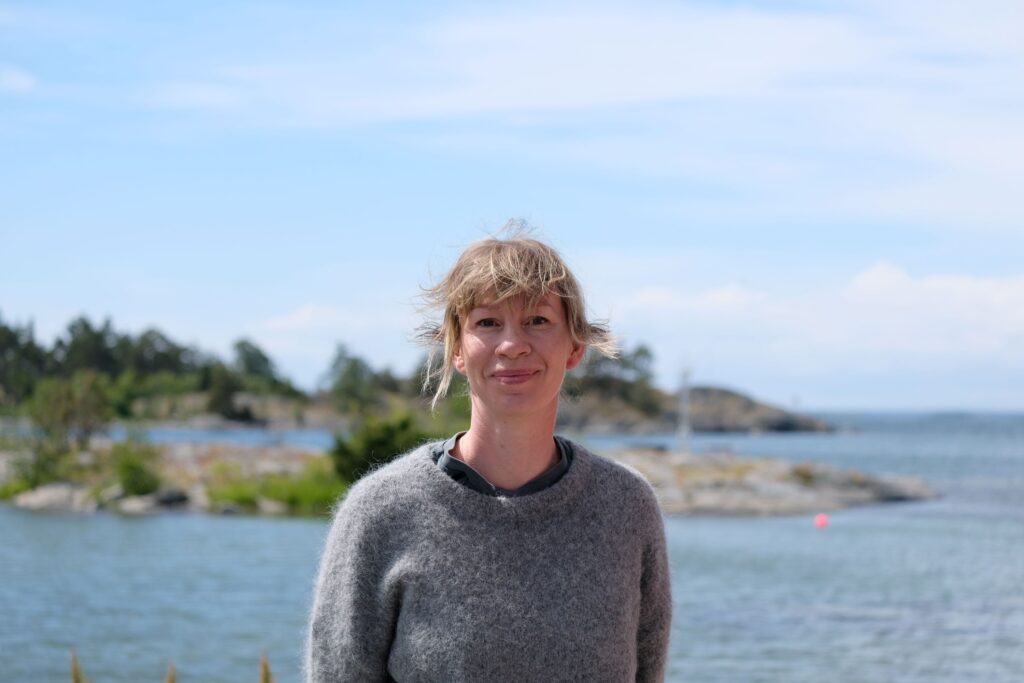
Hanna Winge
PhD Student
Physical Oceanography
Department of Meteorology, Stockholm University
My research focuses on the eutrophication in the Baltic Sea. This study investigates how meteorological and oceanographic drivers (such as currents and waves) influence the transport of nutrients in the coastal zone. The study integrates observational studies with numerical modeling. The findings can be applied to modeling of nearshore algal blooms and support the identification of necessary restoration actions where required.
Keywords: eutrophication, physical oceanography, nutrient transport, physical-biogeochemical modelling
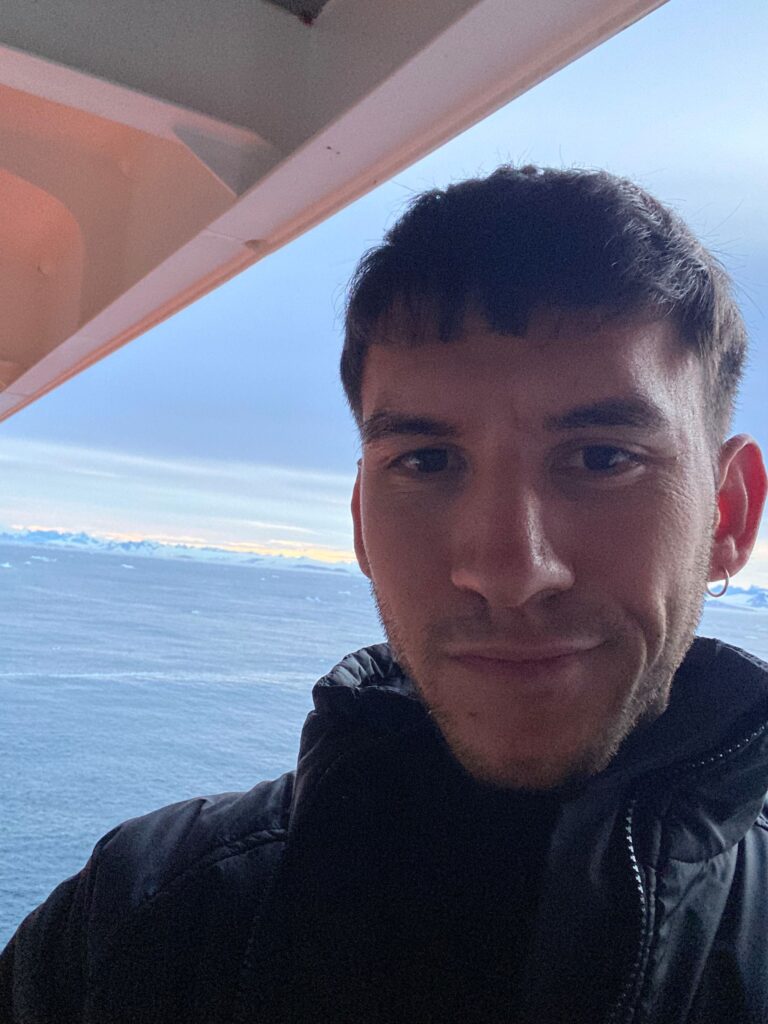
Vicent Doñate Felip
PhD Student
Geophysics
Department of Geological Sciences, Stockholm University
My research interests concern processes that sculpt the seafloor and, in turn, how the seafloor, sub-bottom, and processes within affect the surrounding waters. In the CoastClim project, I am using echo sounder data to estimate methane fluxes from the sediment to the water column in the form of gas bubbles. In addition, determine how these methane bubbles dissolve as they rise through the water column, and how many arrive at the surface directly pumping methane to the atmosphere.
Keywords: methane fluxes, methane bubbles, hydro-acoustics, bubble dissolution, methane emissions
Technicians
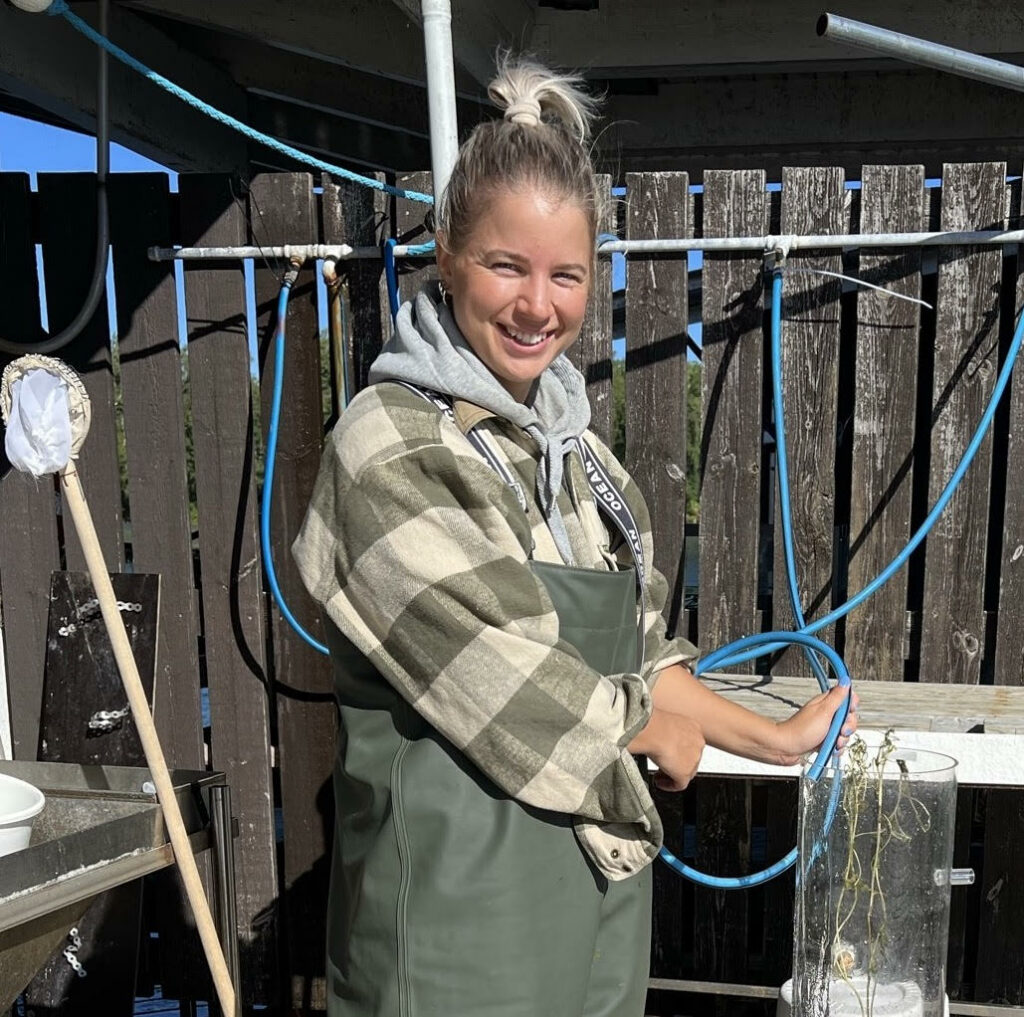
Anna Vesanen
Research Technician
Tvärminne Zoological Station, University of Helsinki
anna-roosa.vesanen@helsinki.fi
My work includes assisting researchers in the field and in the laboratory. My background in marine biology and scientific diving gives me tools to help with high quality research experiments in and out the water.
Keywords: scientific diving, field work, sample processing
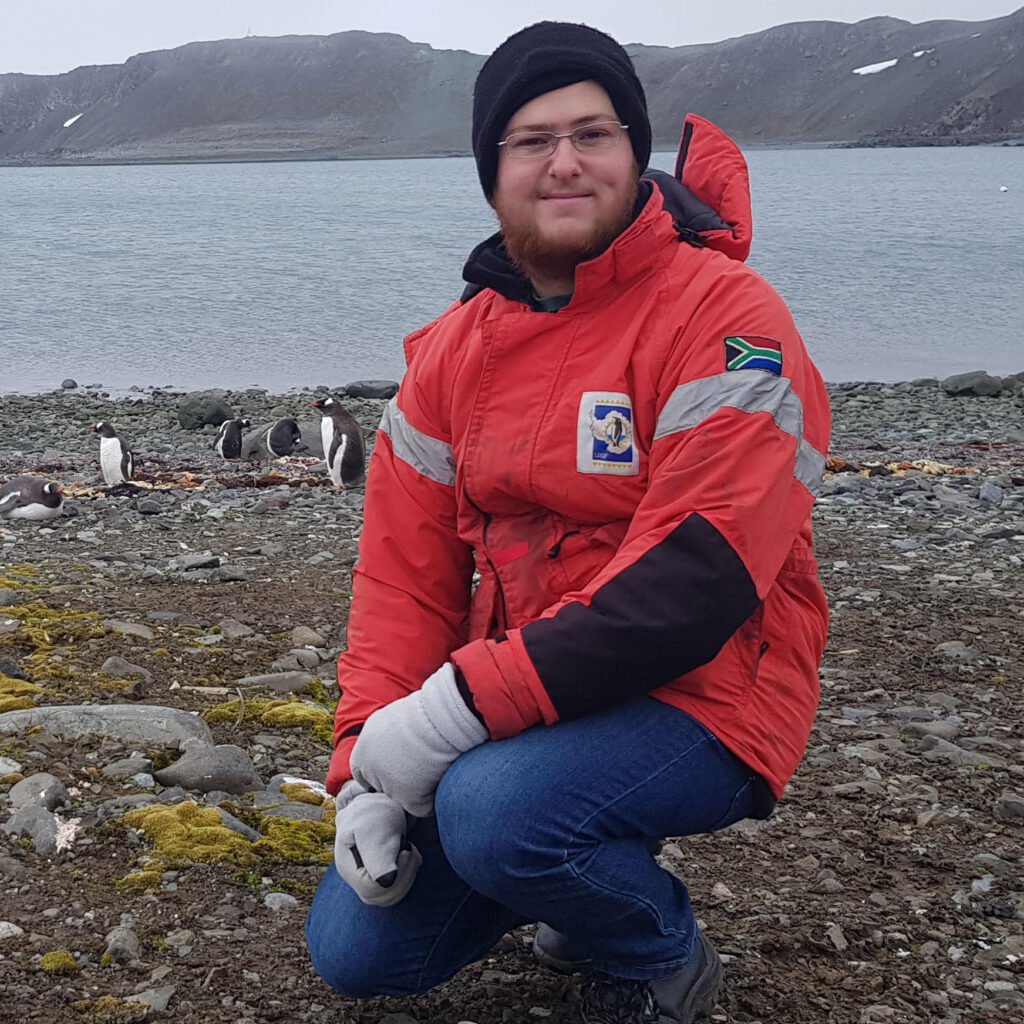
Kurt Spence
Research Technician
Tvärminne Zoological Station, University of Helsinki
My work includes installation and maintenance of sampling instruments and equipment. I also assist the researchers with field sampling and laboratory analysis. I have experience with atmospheric and marine measurements as well as the operation of
equipment in harsh conditions.
Communication and Policy Recommendation
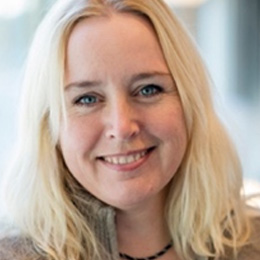
Tina Elfwing
Director at BSC
Communication & Policy Recommendation
Baltic Sea Centre, Stockholm University
My training is in marine ecotoxicology, and today as the Director of the Baltic Sea Centre, I facilitate the overall strategic partnership between Stockholm University and the University of Helsinki in the field of marine research. I have a particular interest in science communication, and I am leading the communication group at the Baltic Sea Centre that aims at conveying the right information at the right time and place to relevant decision makers. Thus, we translate important scientific CoastClim results into decision support and thereby assist management options regarding biodiversity and climate change issues in the coastal zone of the Baltic Sea.
Keywords: science communication, decision support, marine infrastructure, Askö field station
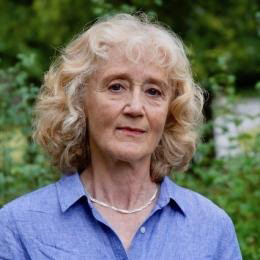
Gun Rudquist
Head of Policy
Communication & Policy Recommendation
Baltic Sea Centre, Stockholm University
My role in CoastClim is to assist in bridging the gap between science and policy by keeping an eye on ongoing policy processes and communicate relevant research results at the right moment, to the right stakeholders. Relevant stakeholders include for instance the EU Commission, members of the European Parliament, parliamentarians from Baltic Sea countries, businesses and the civil society.
I have a background in agriculture (MSc in plant science from SLU) and have worked with extension agencies, development aid, civil society, and business – always with a focus on pushing sustainable development by linking policy and science.
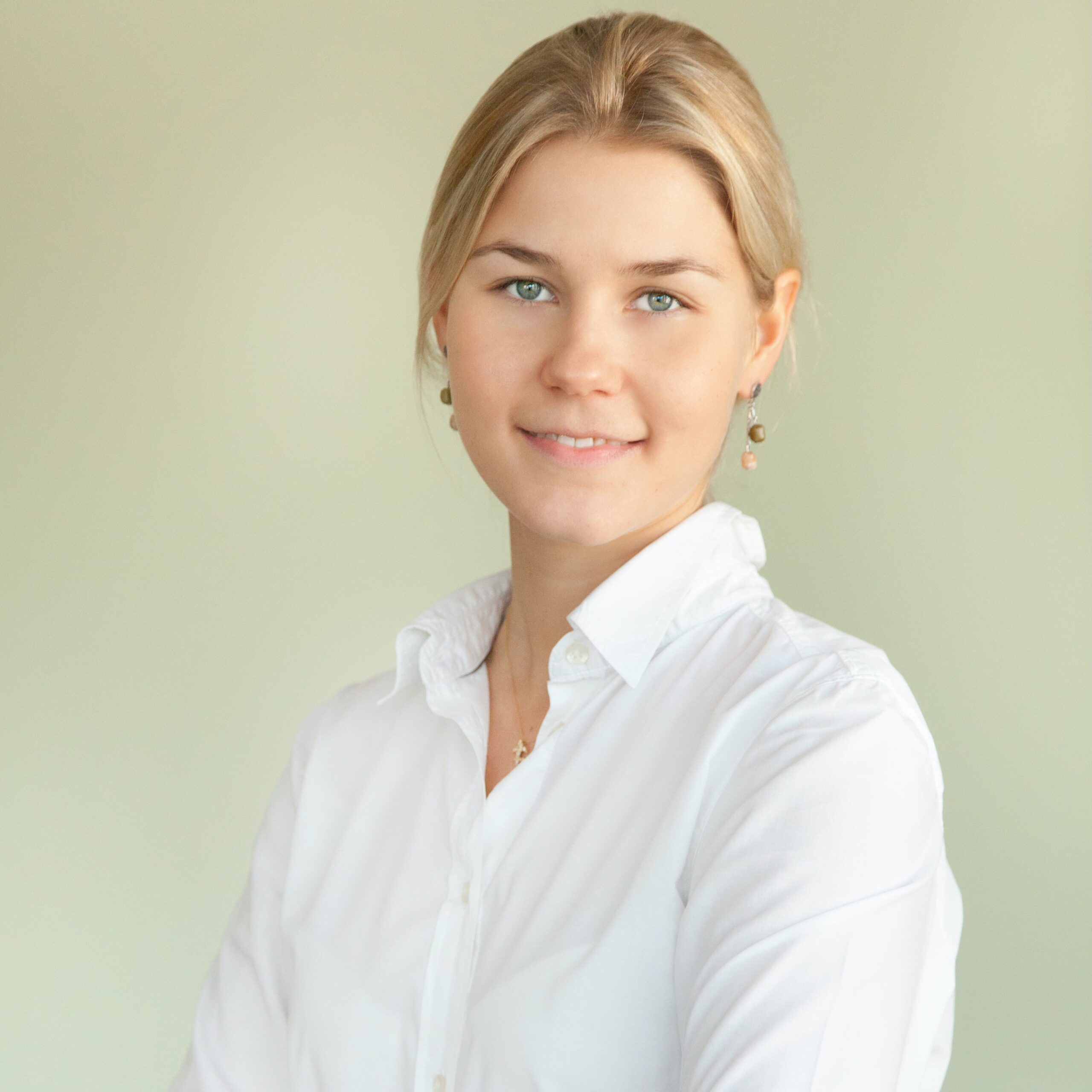
Amanda Sundell
Partnerships and development
Communication & Policy Recommendation
Tvärminne Zoological Station, University of Helsinki
I work with partnerships and development to ensure we have the best possible support for our research and science communication. I also develop new concepts and content that can help bring our science communication and policy work to new audiences. Much of what I do focuses on the Hub in Tvärminne, which we aim to make even more accessible and engaging for the public.
Keywords: partnerships, development, funding
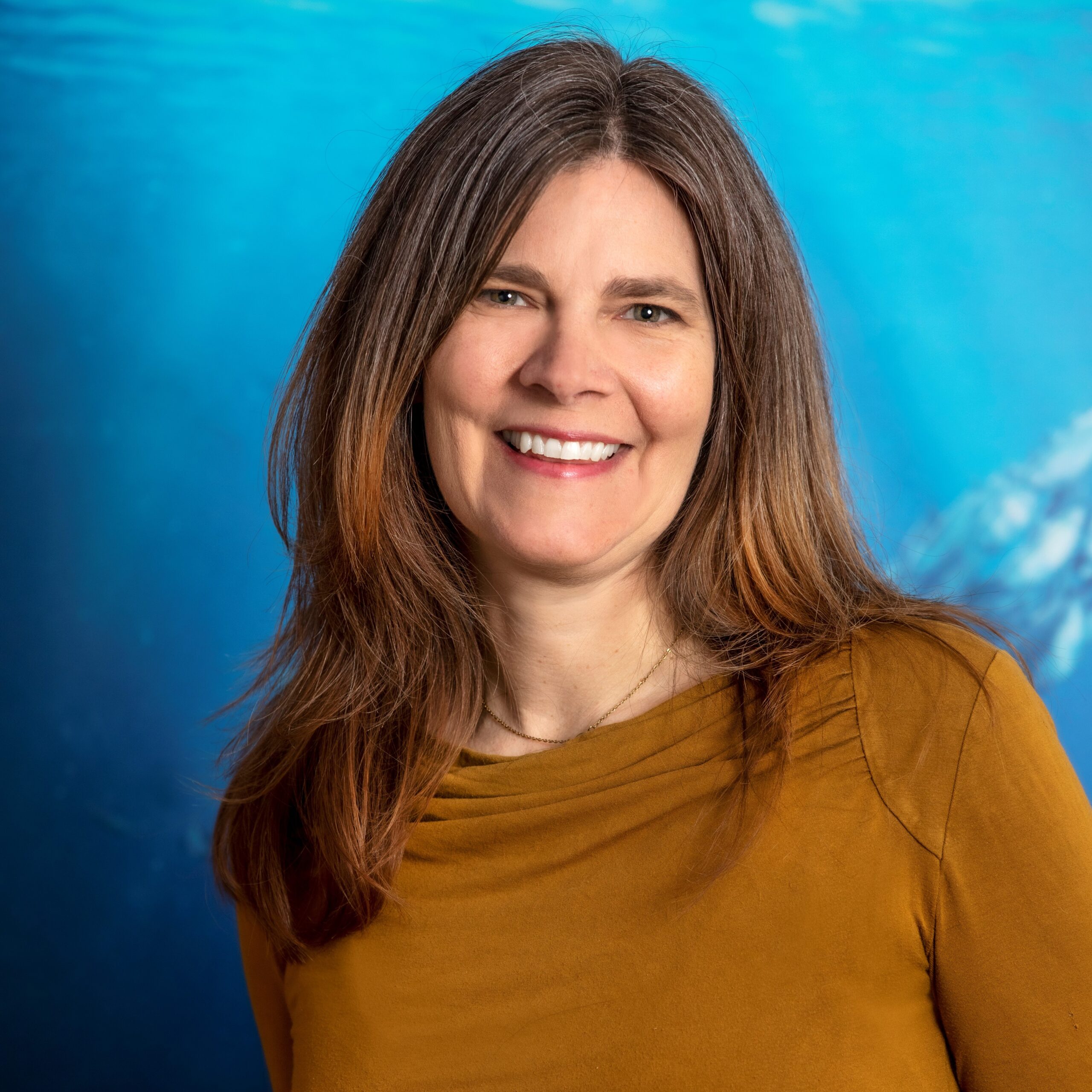
Ellen Bruno
Policy Analyst
Communication & Policy Recommendation
Baltic Sea Centre, Stockholm University
My role in CoastClim is to help researchers within the centre to keep up to date on ongoing policy processes regarding climate and the Baltic Sea environment. As well as communicate relevant research results to policy makers and stakeholders working on these topics. Relevant stakeholders include for instance the EU Commission, members of the European Parliament, parliamentarians from Baltic Sea countries, businesses and the civil society.
Keywords: policy, seminars, briefs, fact sheets, EU, stakeholders
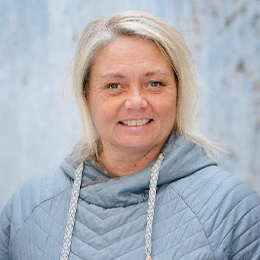
Ilse Klockars
Science Communicator
Communication & Policy Recommendation
Tvärminne Zoological Station, University of Helsinki
My work is to inform and inspire the public about scientific knowledge. I want to share stories about what the scientists results today might mean for climate change in the future. Communicating science is critical to solving the world’s most urgent issues like the ecological crisis. I work with communication in a wide range of forms, from social media to newsletters and organizing events. I also want to inspire the next generation of scientists, science education for children is a part of my work.
Keywords: communication, knowledge, newsletter, writing, stories, science education
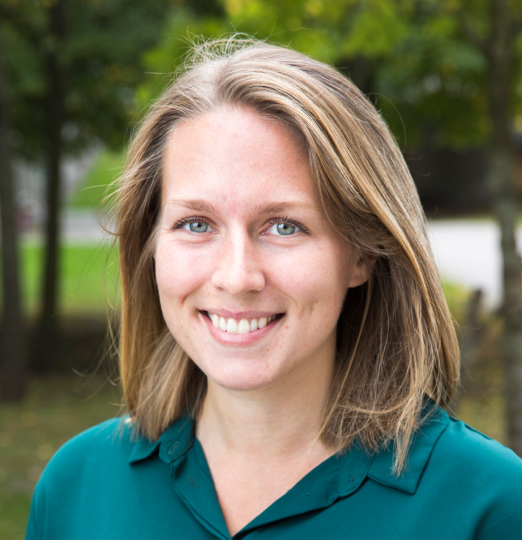
Isabell Stenson
Science Communicator
Communication & Policy Recommendation
Baltic Sea Centre, Stockholm University
I work with science communication to make scientific findings tailored, accessible and useful for different audiences outside academia, mainly through news and events. In addition, I coordinate the graduate school “Perspectives on coastal seas in a changing climate” based at Stockholm University, where PhD-students get multidisciplinary training in CoastClim issues.
Keywords: science communication, project management, events, news
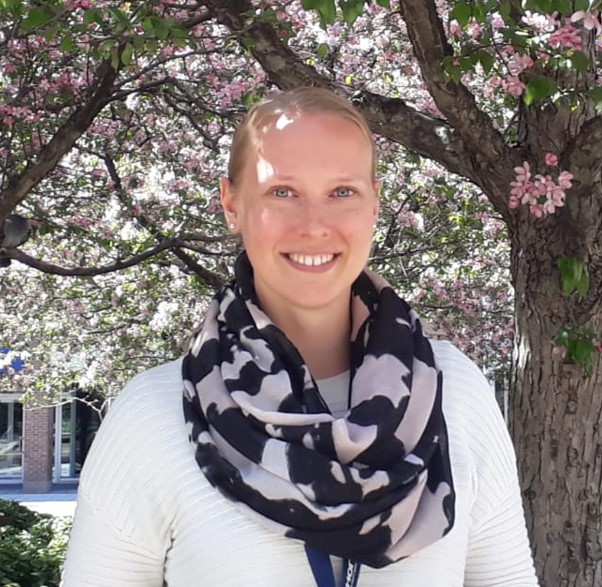
Johanna Gammal
Project planner
Administration
Tvärminne Zoological Station, University of Helsinki
As a project planner at TZS my role within CoastClim is to assist with research project planning, reporting and project administration. I am a marine benthic ecologist with an interest in the relationships between benthic macrofauna communities and ecosystem functioning, and especially how these relationships are affected by the multiple pressures our coastal ecosystems are experiencing (pressures such as eutrophication, hypoxia, and climate change).
Keywords: marine biodiversity, ecosystem functioning, coastal stressors, project administration, communication
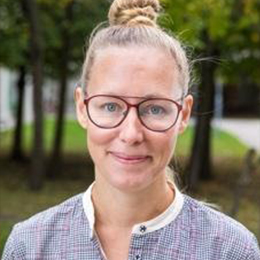
Lisa Bergqvist
Science Journalist
Communication & Policy Recommendation
Baltic Sea Centre, Stockholm University
My work is to make the scientific results and knowledge available for policy makers and the public by writing web articles and other publications, and by making illustrations and videos. I am also engaged in composing and distributing newsletters, organising events, communications support and social media publication.
Keywords: communication, newsletter, writing, video, illustration
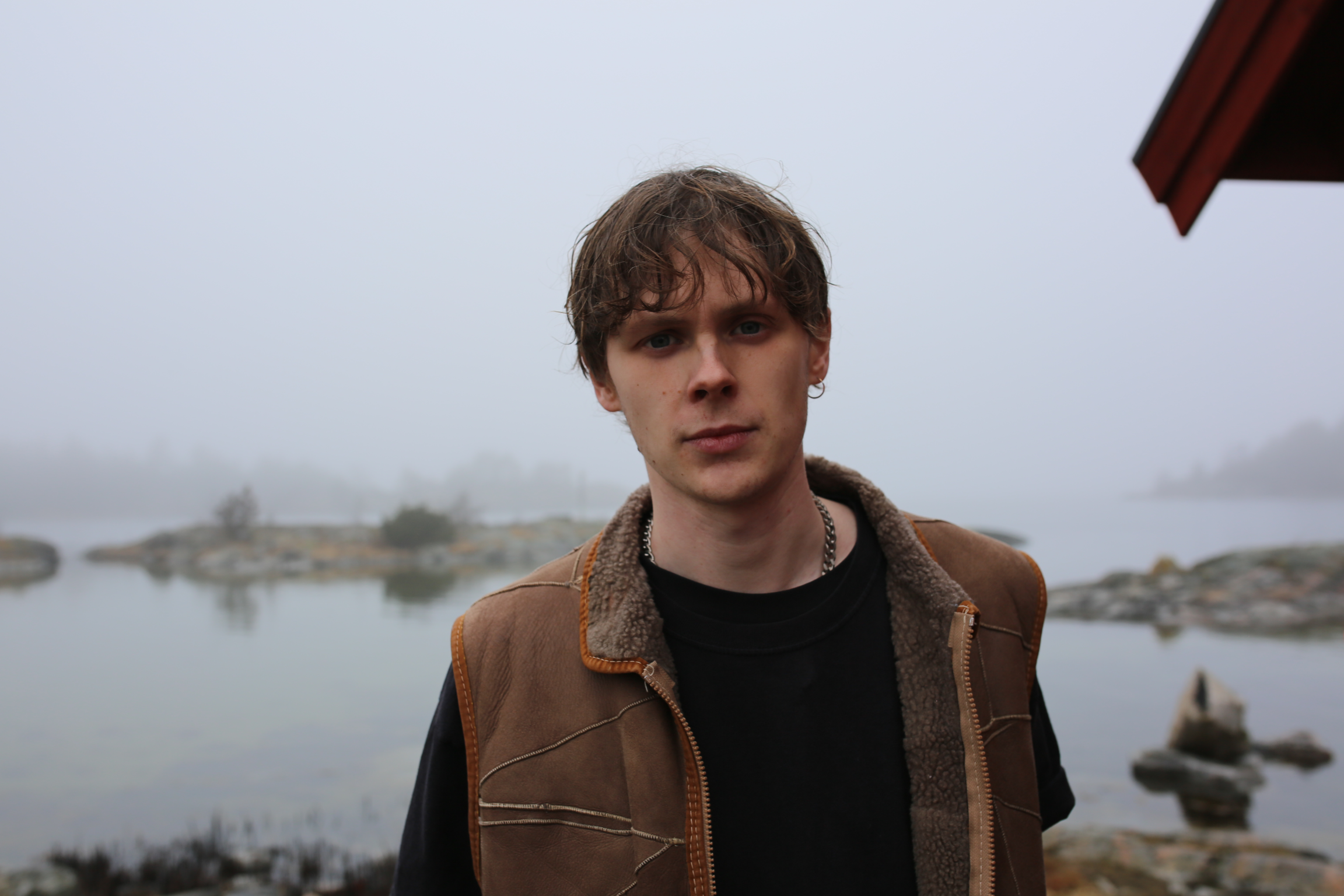
Anton Angwald
PhD Student
Fisheries Management
Stockholm Business School, Stockholm University
I am an interdisciplinary social science scholar with a background in anthropology, cognitive science and critical accounting. Currently I am conducting an ethnographic study of fisheries management in the Baltic Sea. My research explores cultural concepts of scale and boundary in relation to politics, science and economy; nature and culture; center and periphery; species populations; and geographical territory. This leads me to studying actors within the fishing industry, fisheries science and the EU.
Keywords: fisheries management, maritime anthropology, social- and environmental accounting, stock assessment, ITQs, ethnography, actor-network theory, science and technology studies
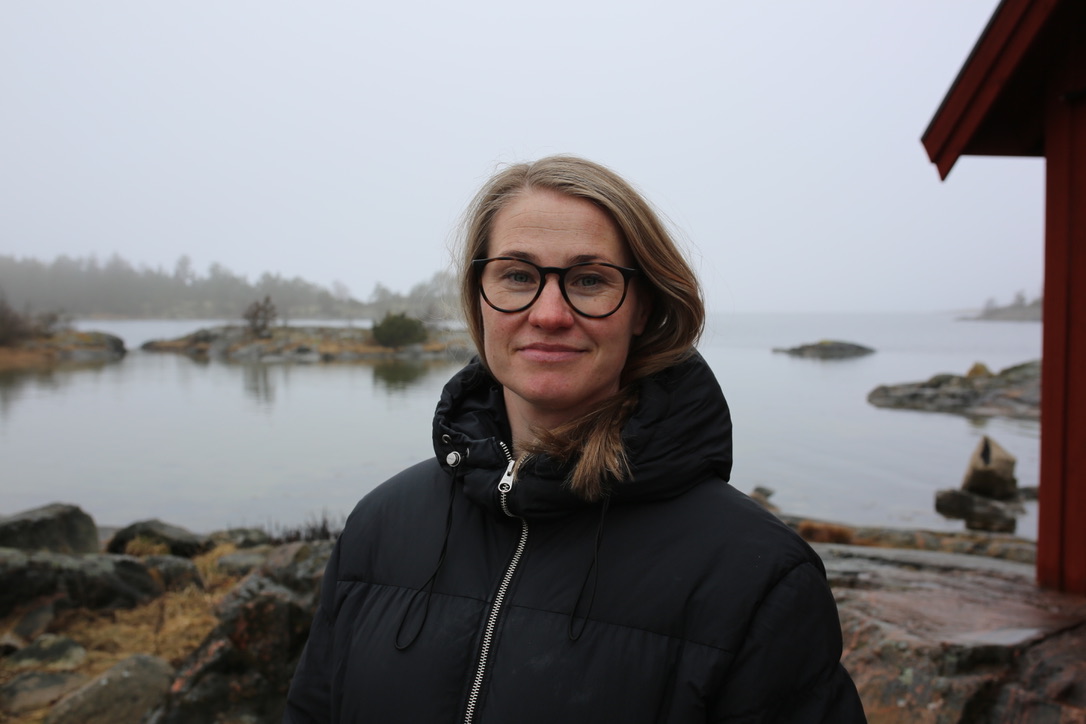
Elin Leander
PhD Student
Regulatory Ecotoxicology
Department of Environmental Science, Stockholm University
Climate change will increasingly add additional stress to marine organisms already exposed to hazardous chemicals. My research focuses on investigating the effectiveness of chemical management measures e.g., regulatory measures such as REACH restrictions, in the Baltic Sea with the purpose to understand if and how current management measures can be improved to ensure protection also in a changing environment.
Keywords: chemical regulation, management of chemicals, environmental monitoring
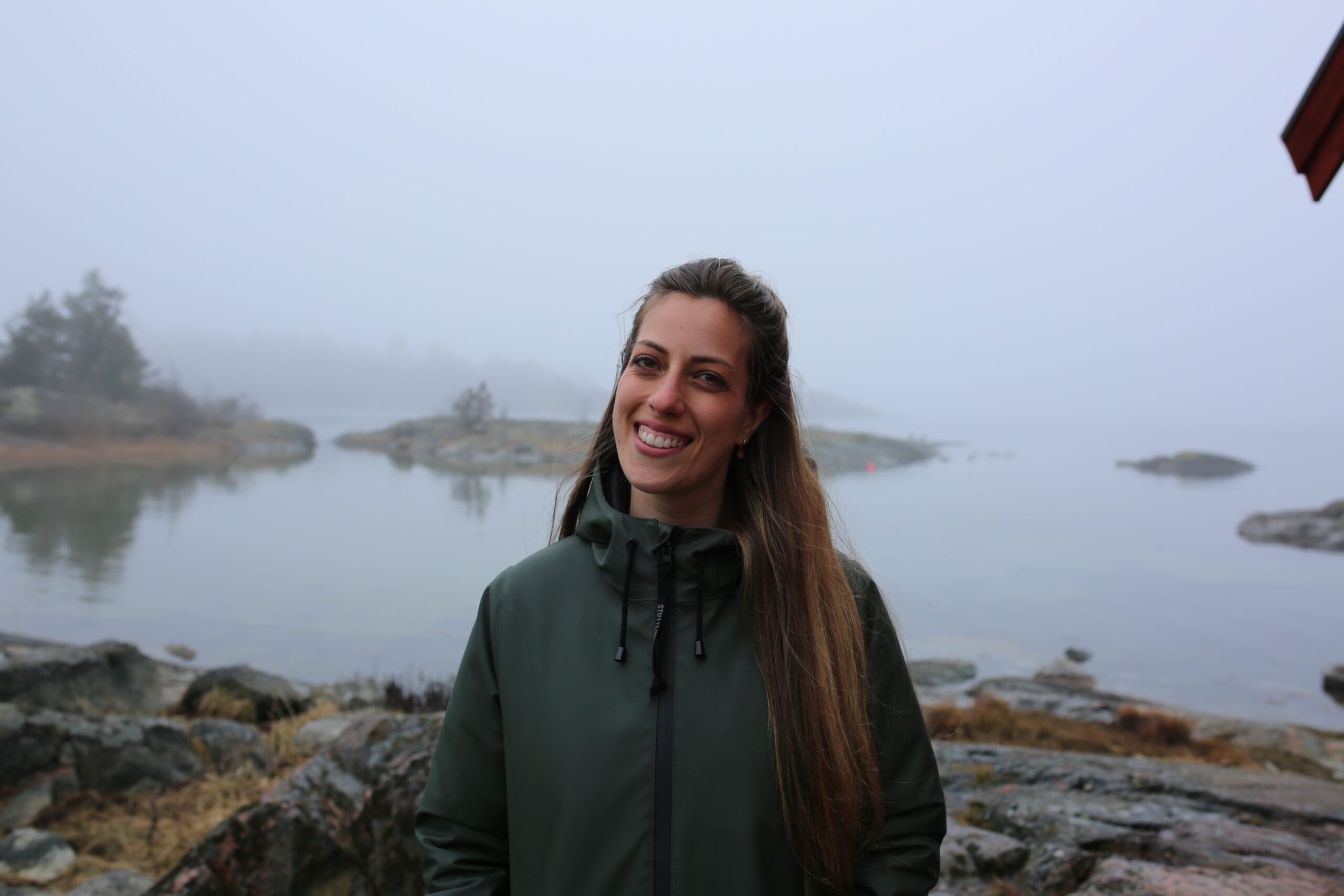
Emma Flevaud Dufau
PhD Student
International and European Environmental Law
Department of Law, Stockholm University
emma.flevaud-dufau@juridicum.su.se
My research examines the role of law in protecting coastal and marine ecosystems amidst climate change, focusing on the synergies and conflicts between climate and biodiversity laws. Coastal ecosystems are critical for climate mitigation but are increasingly degraded by all kinds of marine pollution, reducing their resilience. Legal frameworks are necessary for biodiversity protection, but existing laws often neglect the climate functions of these ecosystems. The study will assess how international and EU law integrate climate and biodiversity protection, using the Baltic Sea as a case study.
Keywords: climate change & resilience, coastal ecosystems, functional approach of biodiversity conservation, UNCLOS, UNFCCC, Paris Agreement, CBD, Habitat and Bird Directives, MSFD, Nature Restoration Law
Affiliated Researchers
Agnes Karlson
Dana Hellmann
Eero Asmala
Emil Rydin
Fernando Jaramillo
Francisco Nascimento
Ivan Rodil
Inga Koszalka
Joakim Hansen
Karl Attard
Linda Kumblad
Sofia Wikström
Sonja Repetti
Scientific Advisory Board
Hans Burchard, IOW, Germany
Kaarle Hämeri, University of Helsinki, Finland
Karen McGlathery, University of Virginia, USA
Maren Voss, IOW, Germany
Martin Jakobsson, Stockholm University, Sweden
Ronnie Glud, University of Southern Denmark, Denmark
Simon Thrush, University of Auckland, New Zealand
Tuija Jokinen, The Cyprus Institute, Cyprus
Former Members
Since establishment 2021
Florian Roth 2021-2022
Maija Peltola 2021-2024
Elias Broman 2023-2024
Rahat Riaz 2023-2024
Roel Lammerant 2021-2025
Per Hedberg 2023-2025
Lydia White 2022-2025

